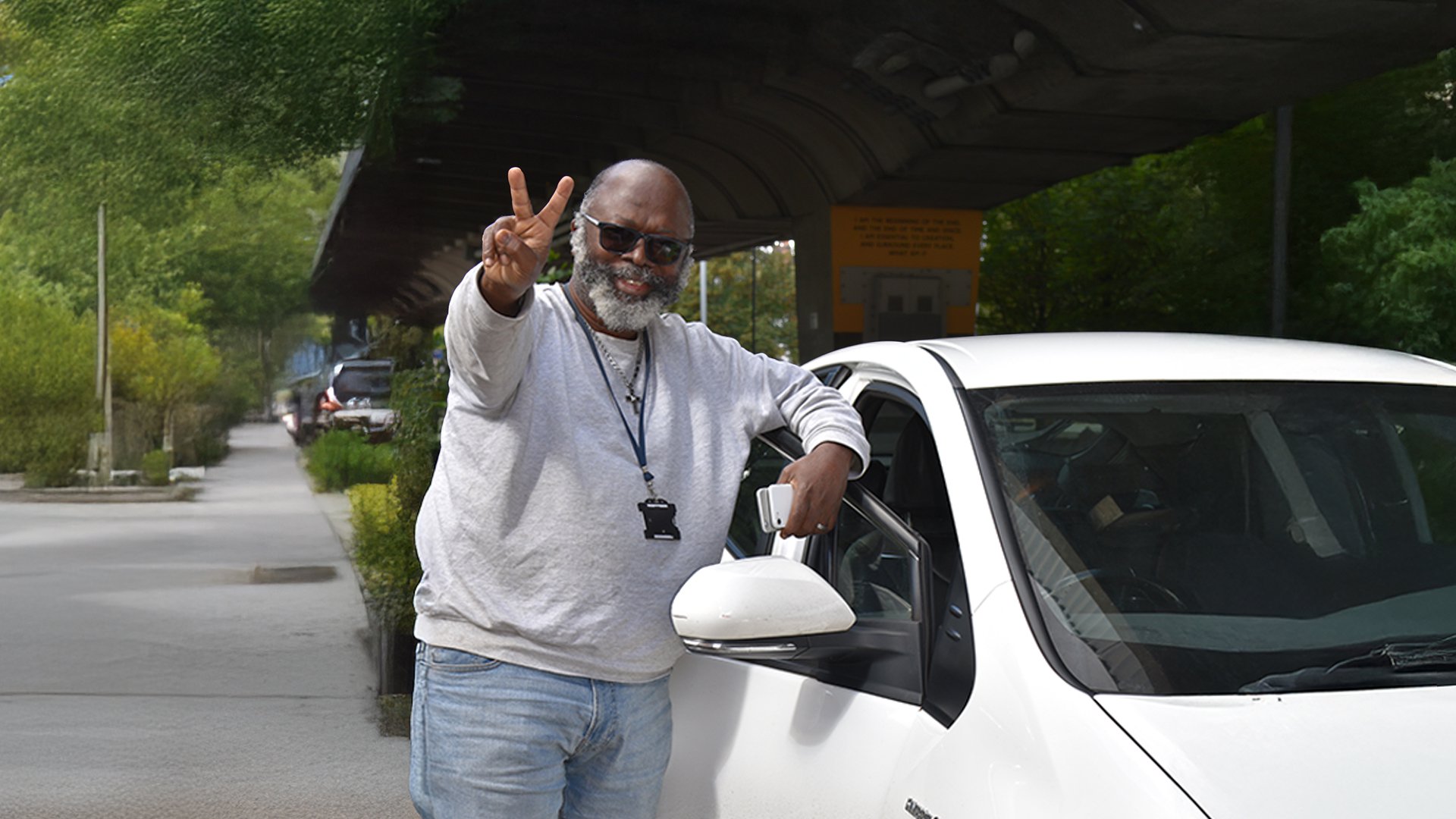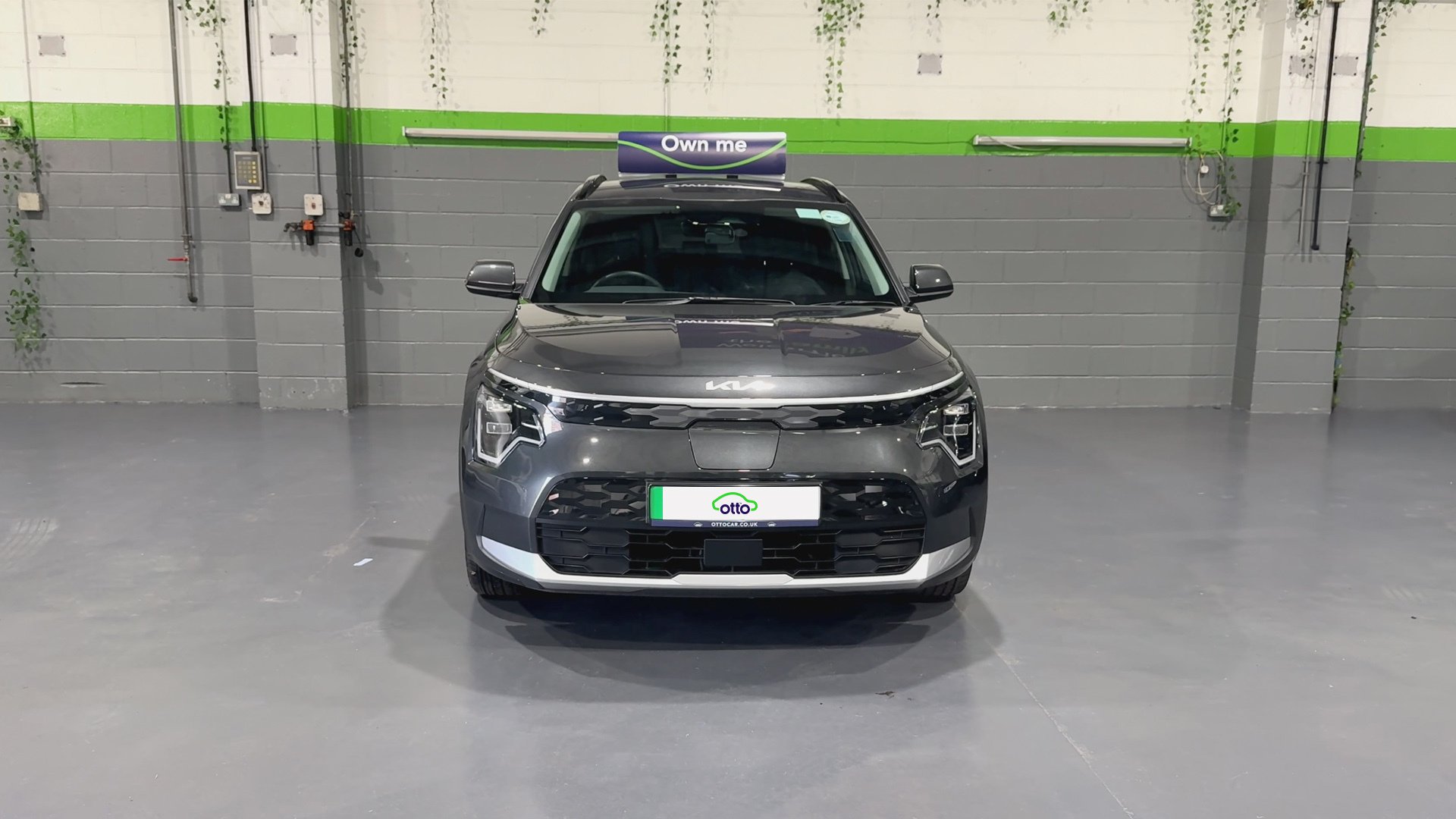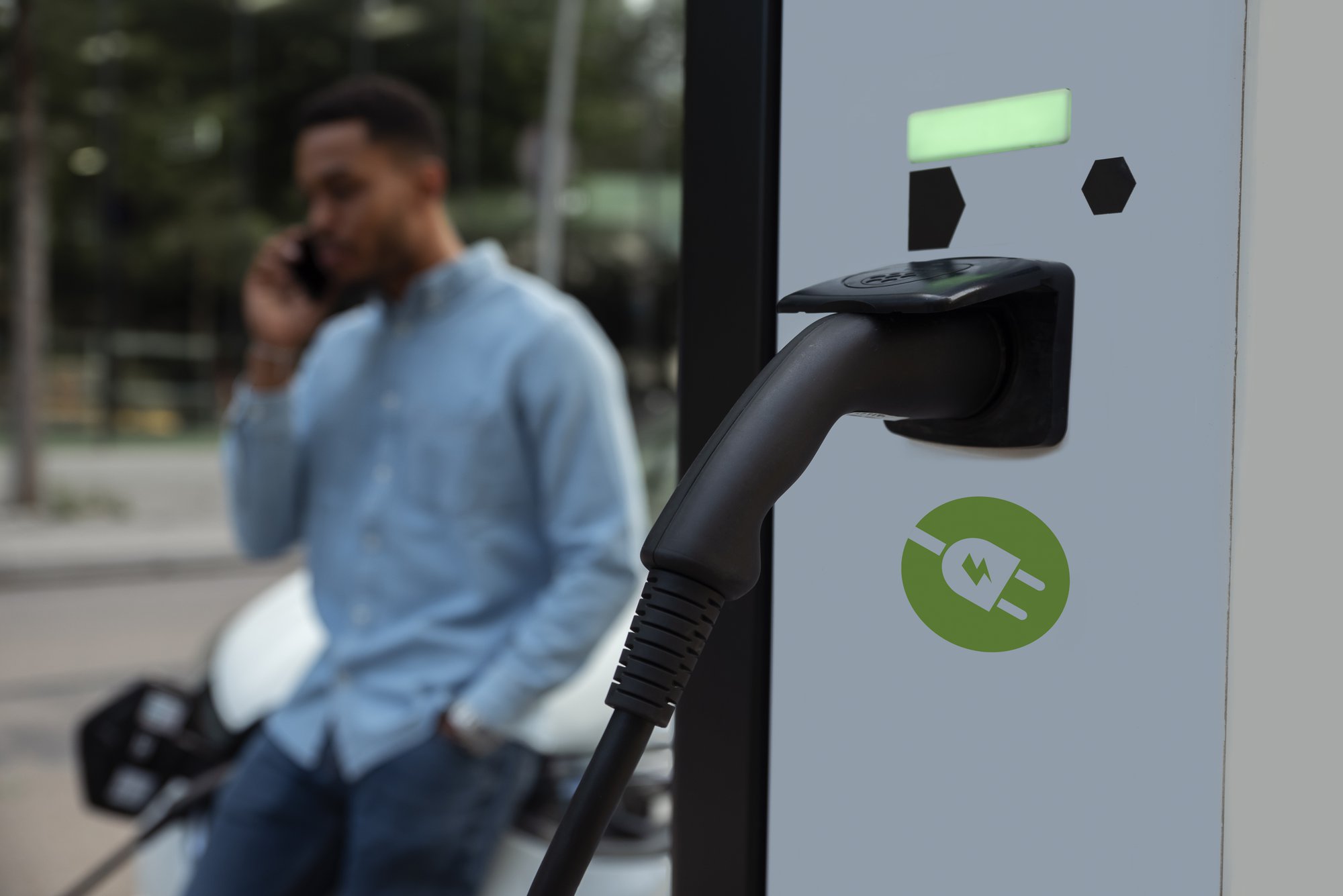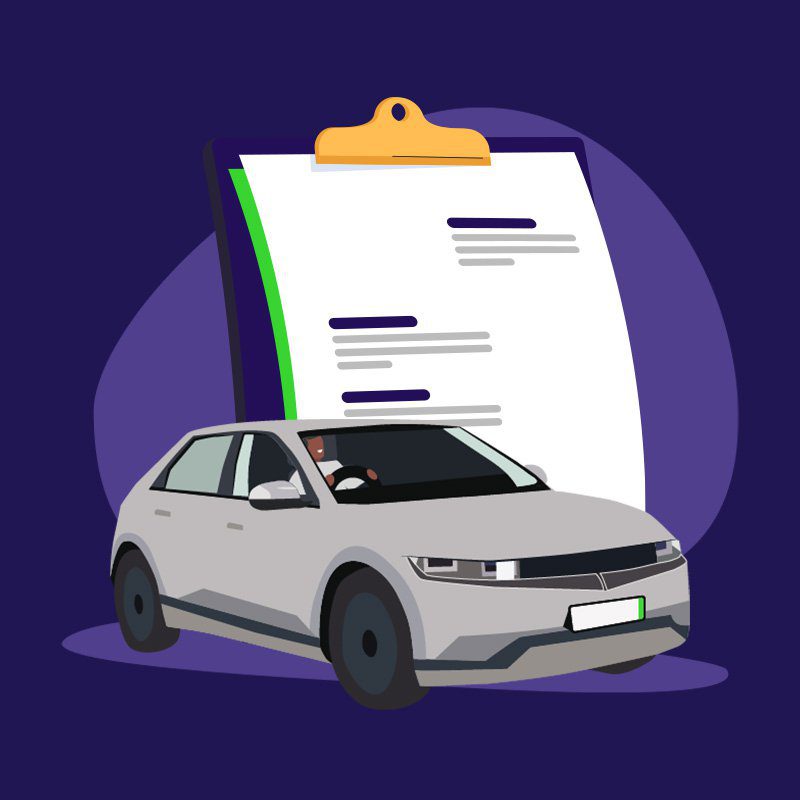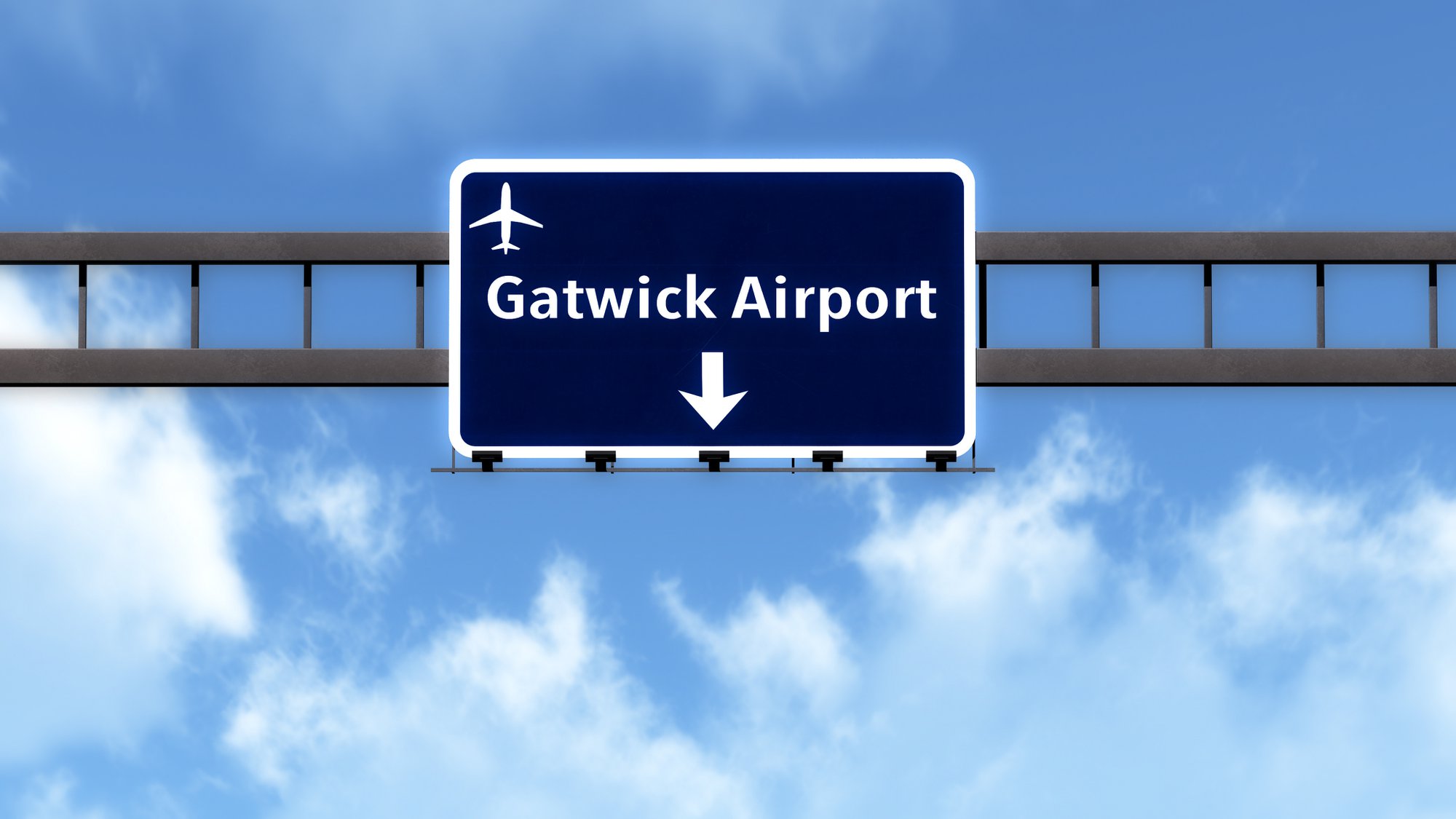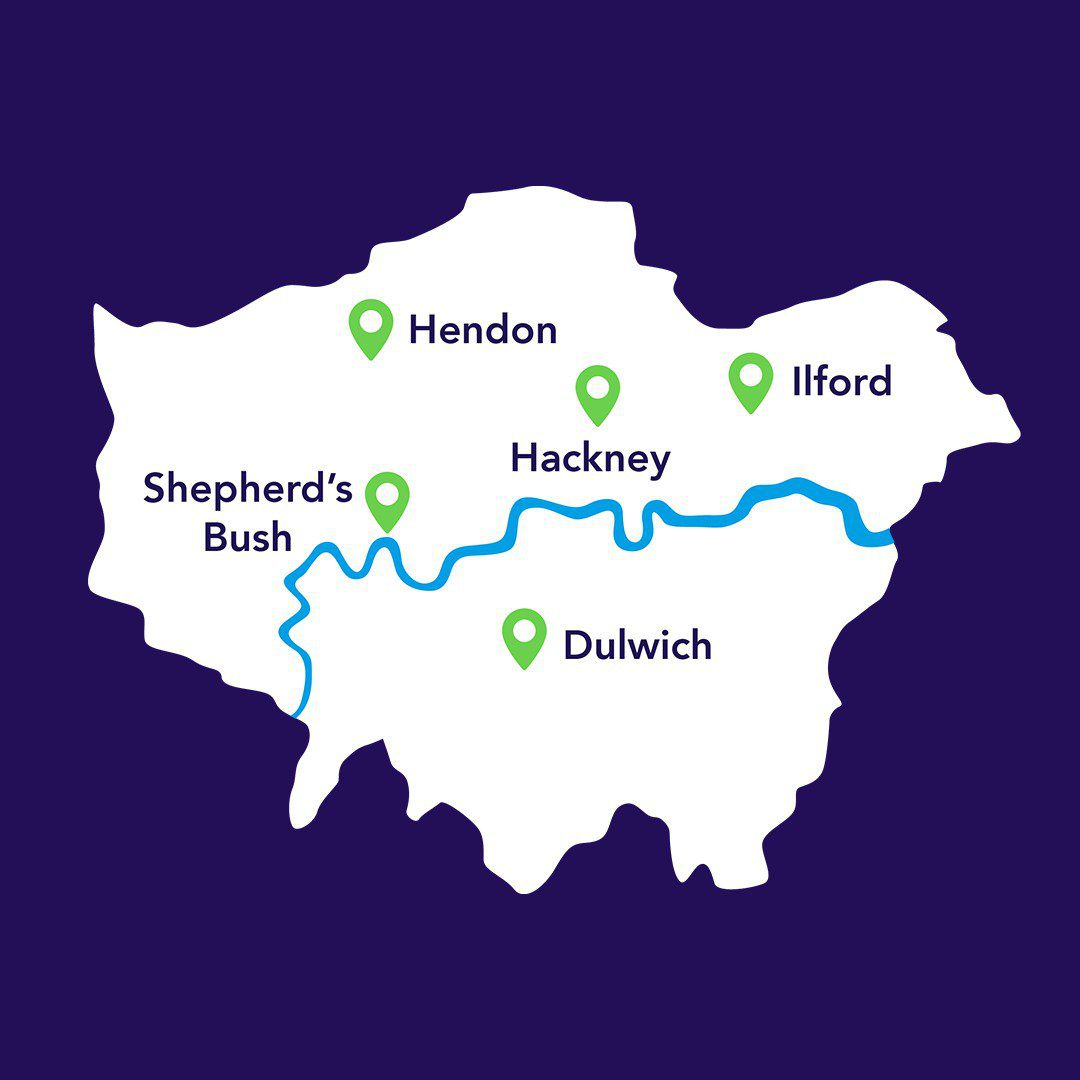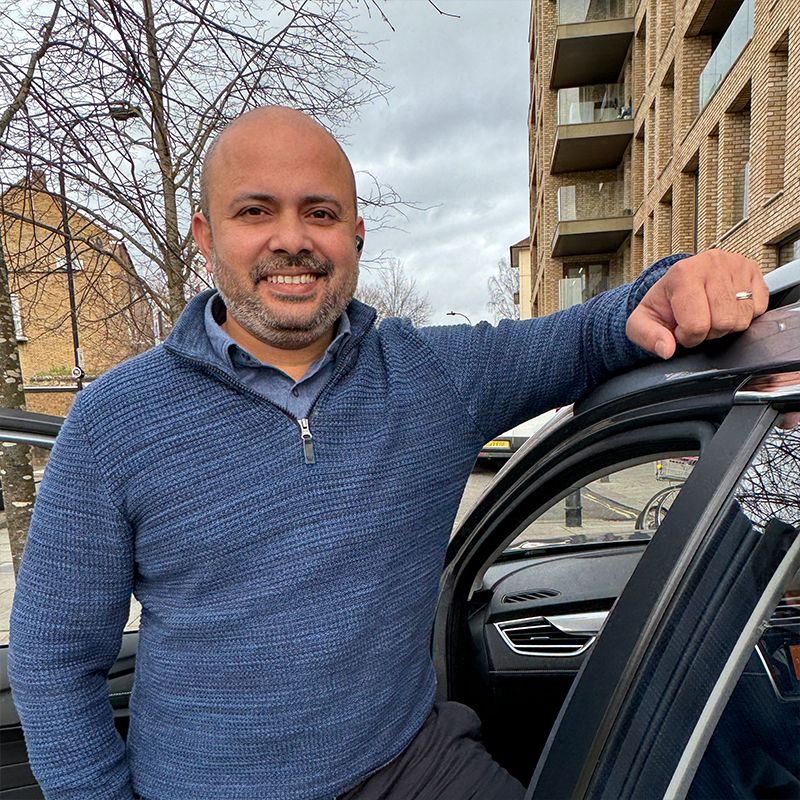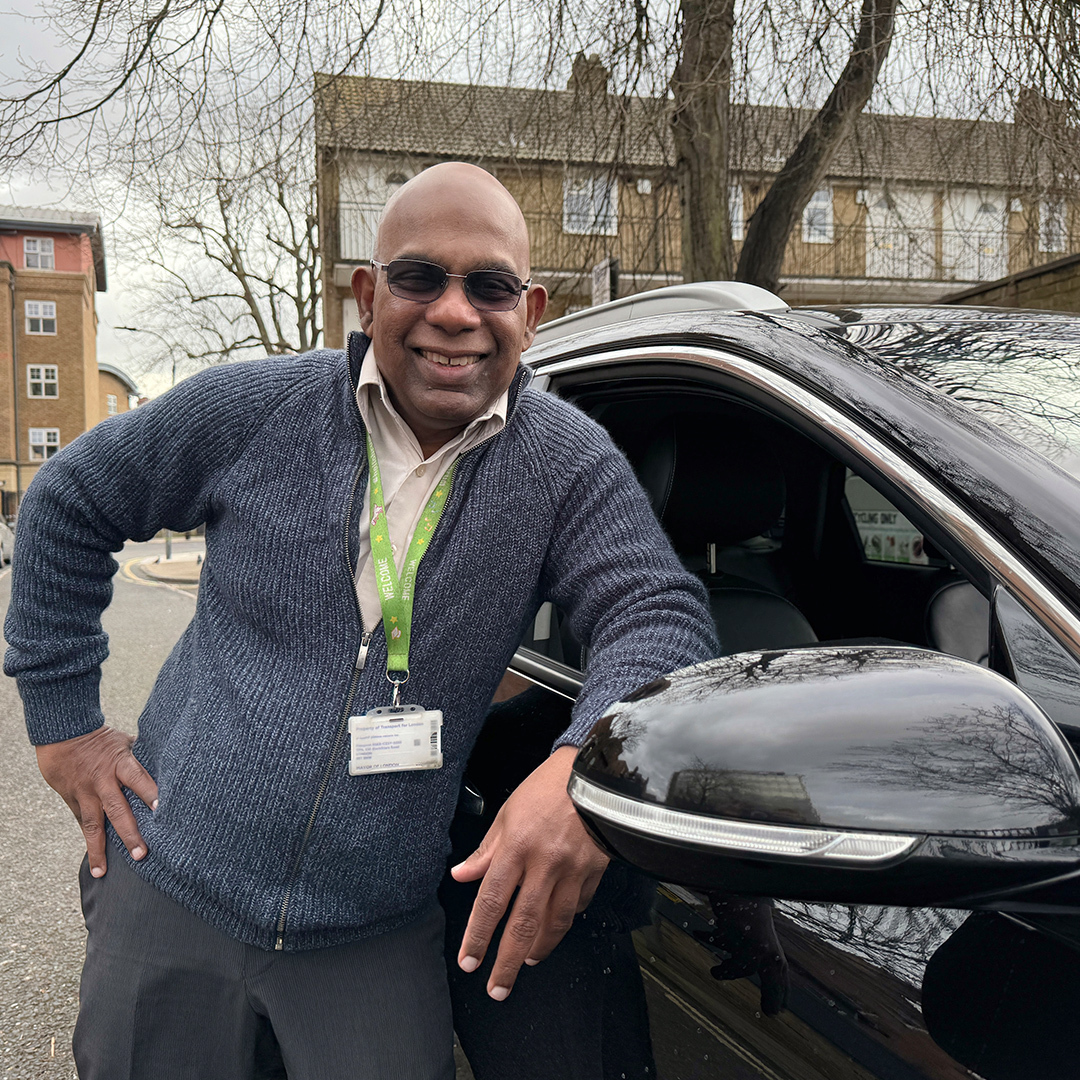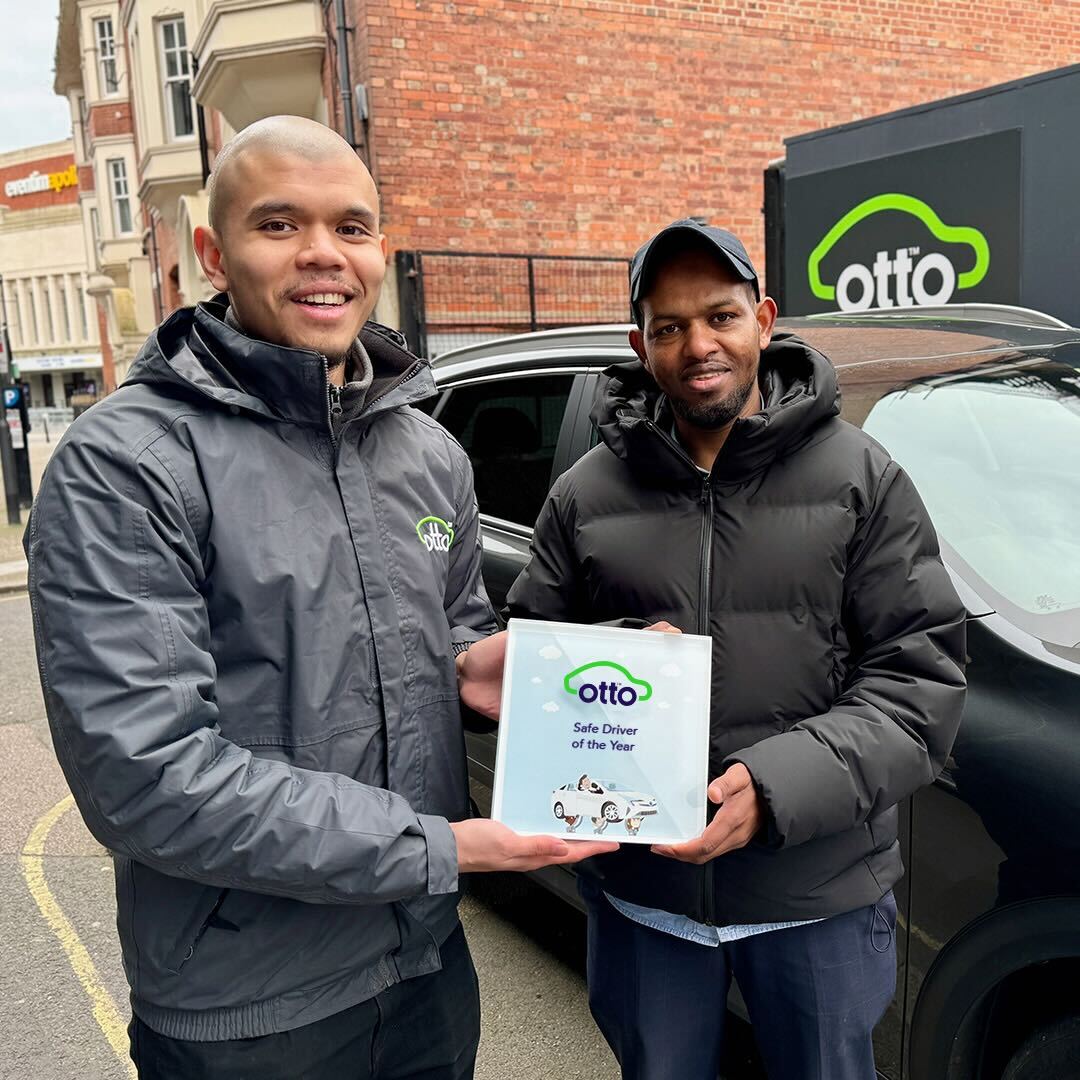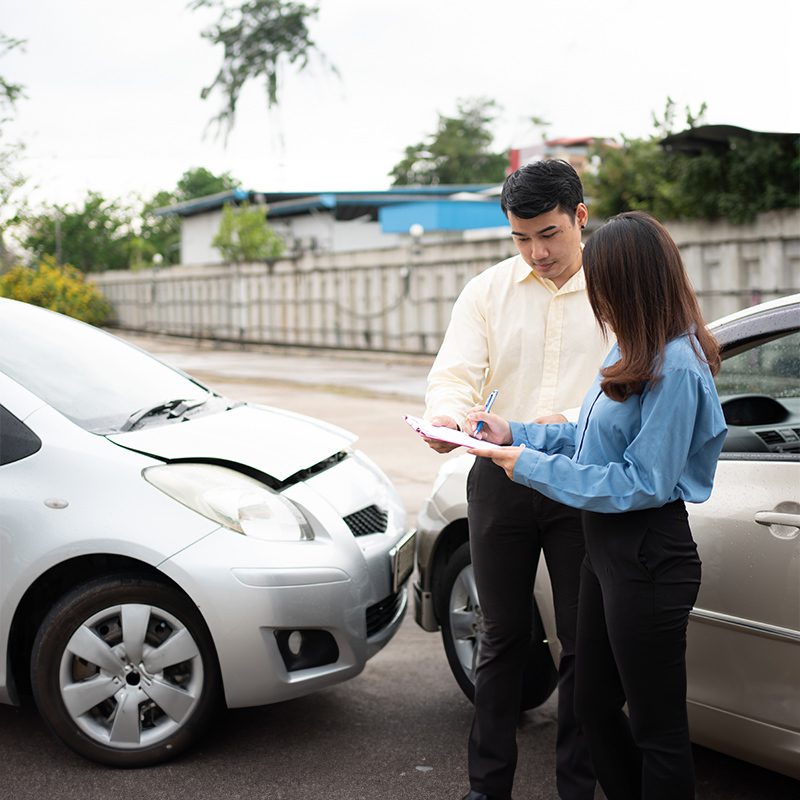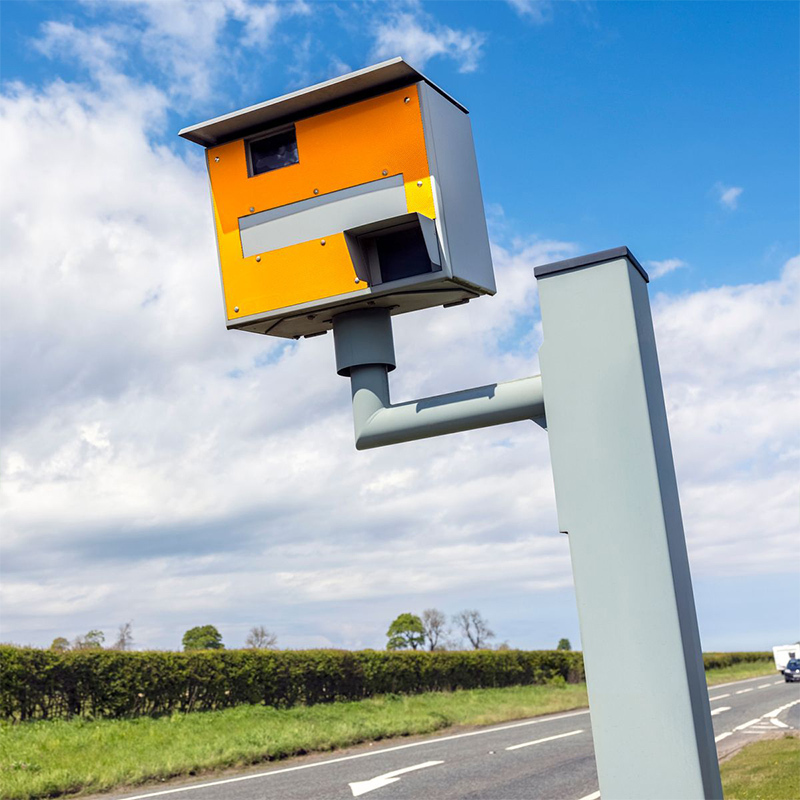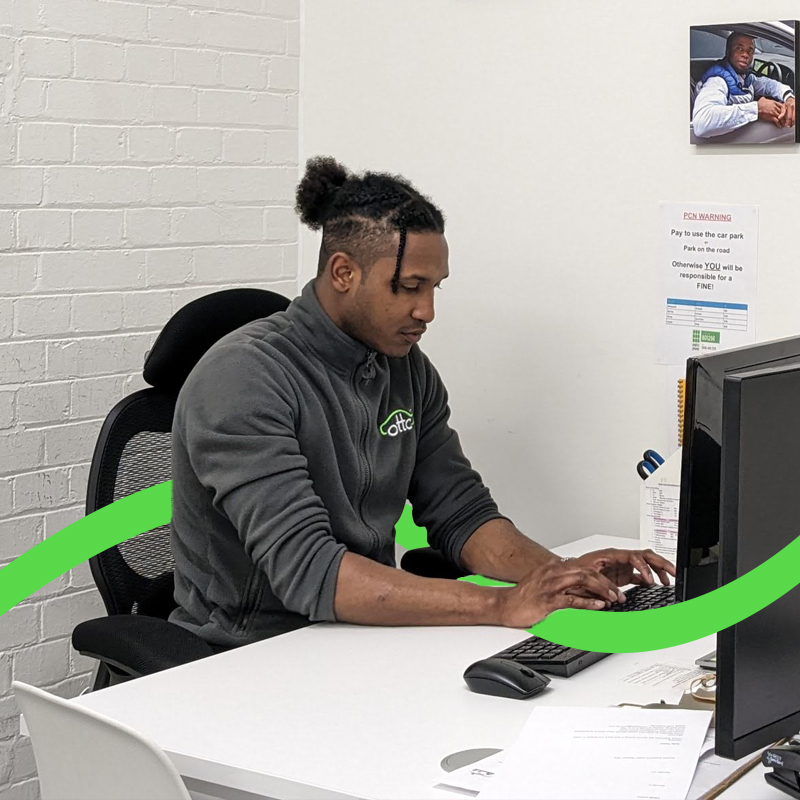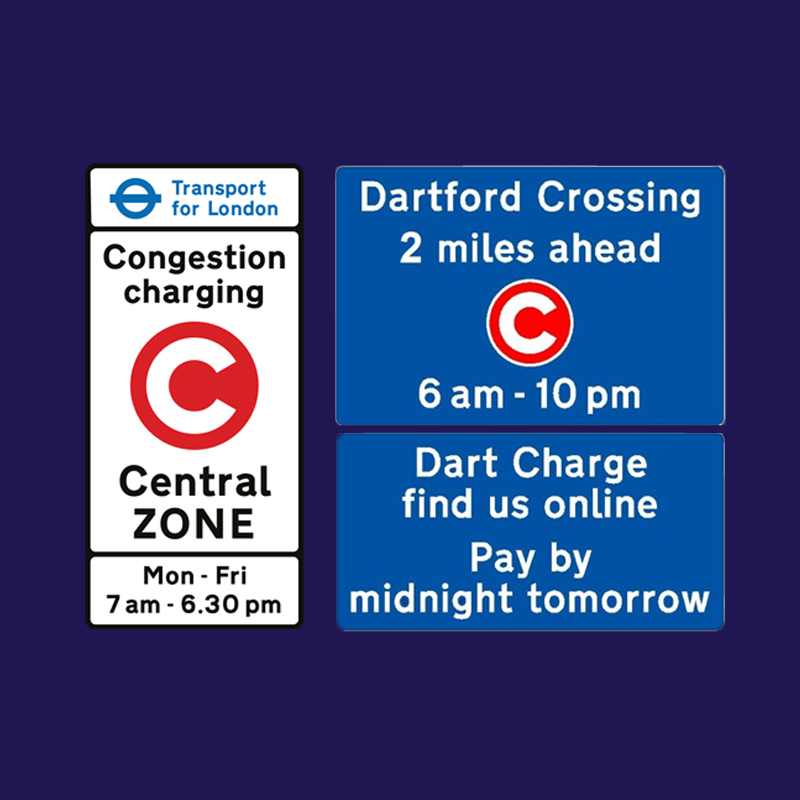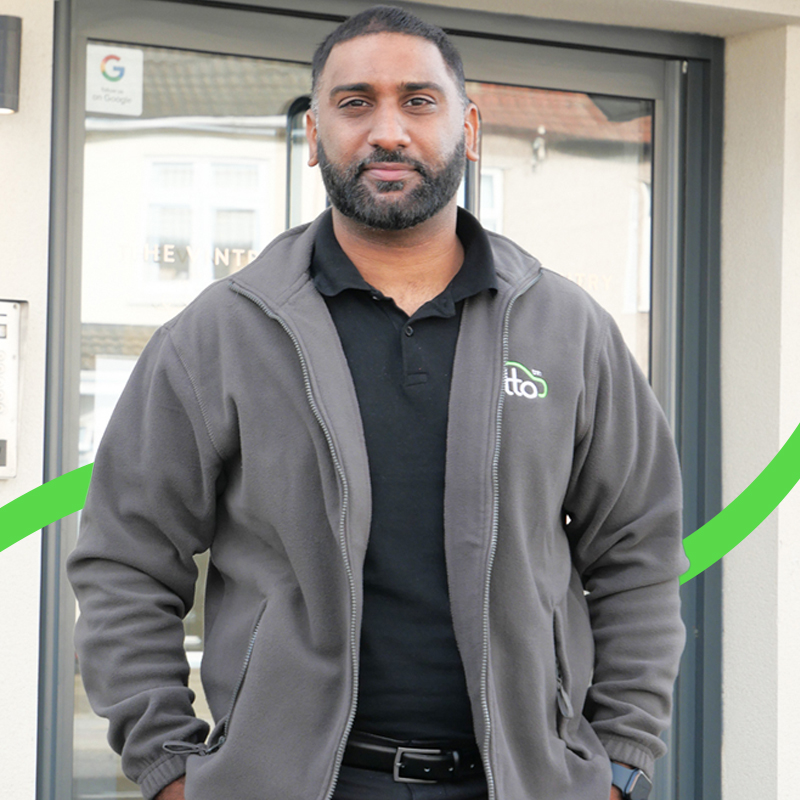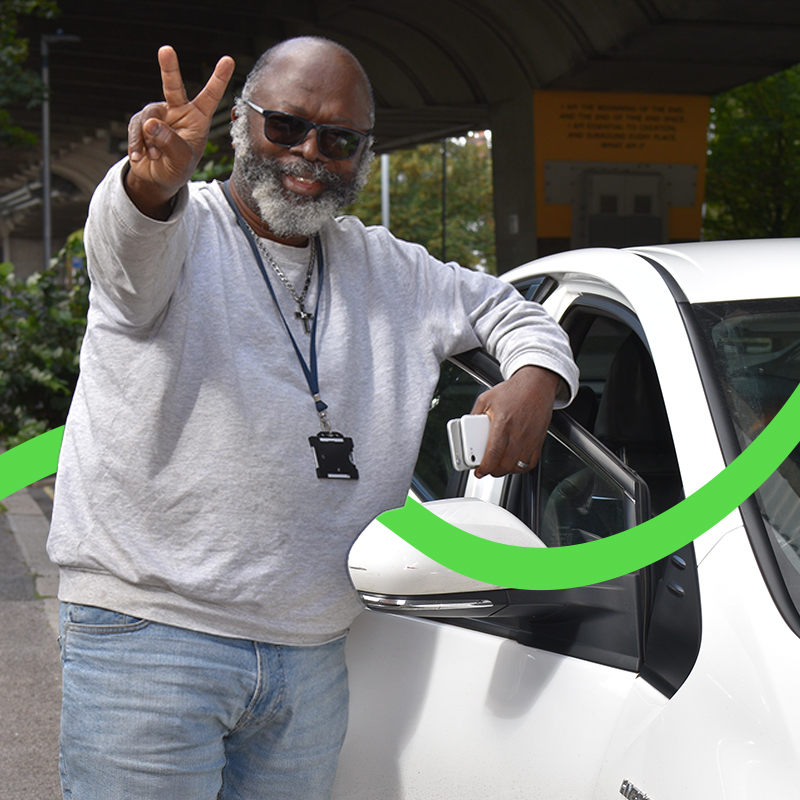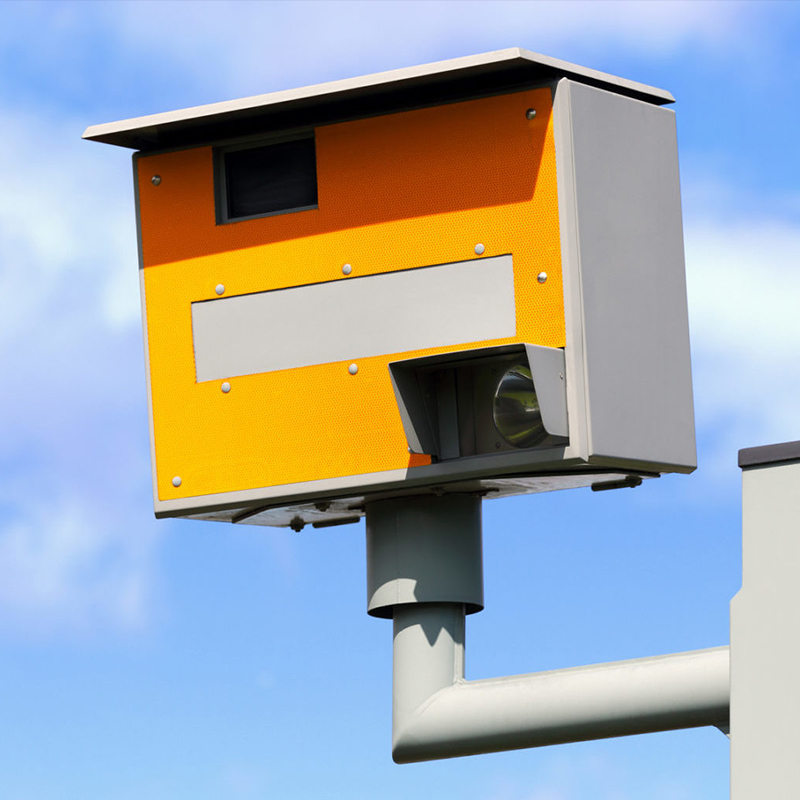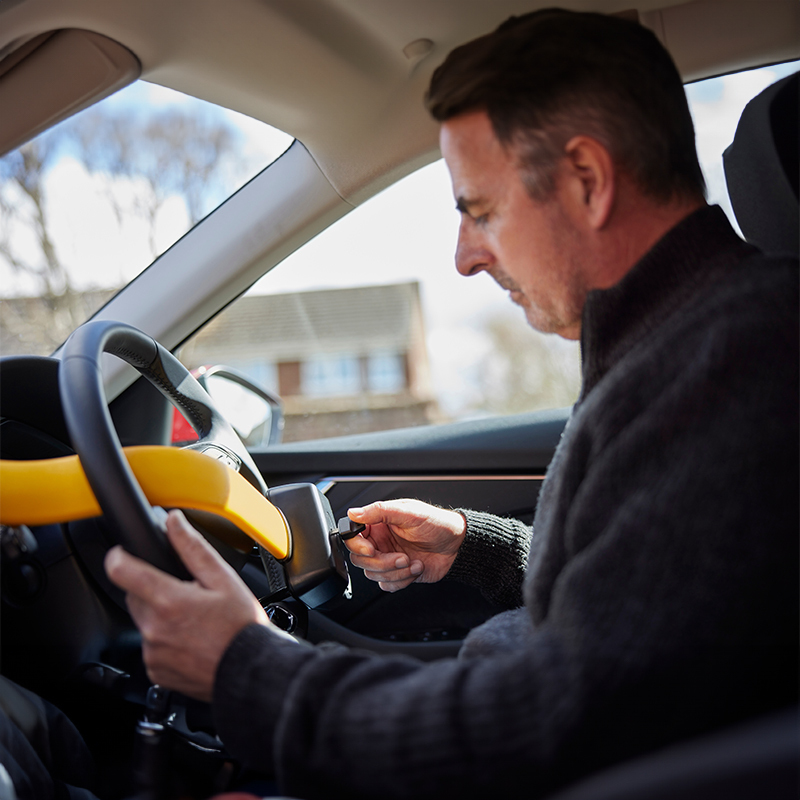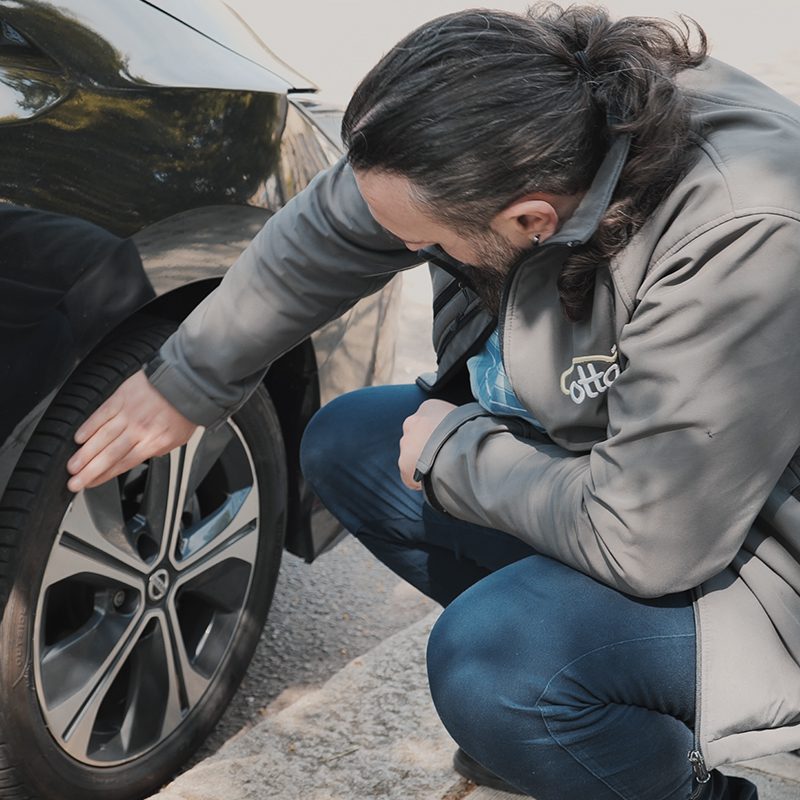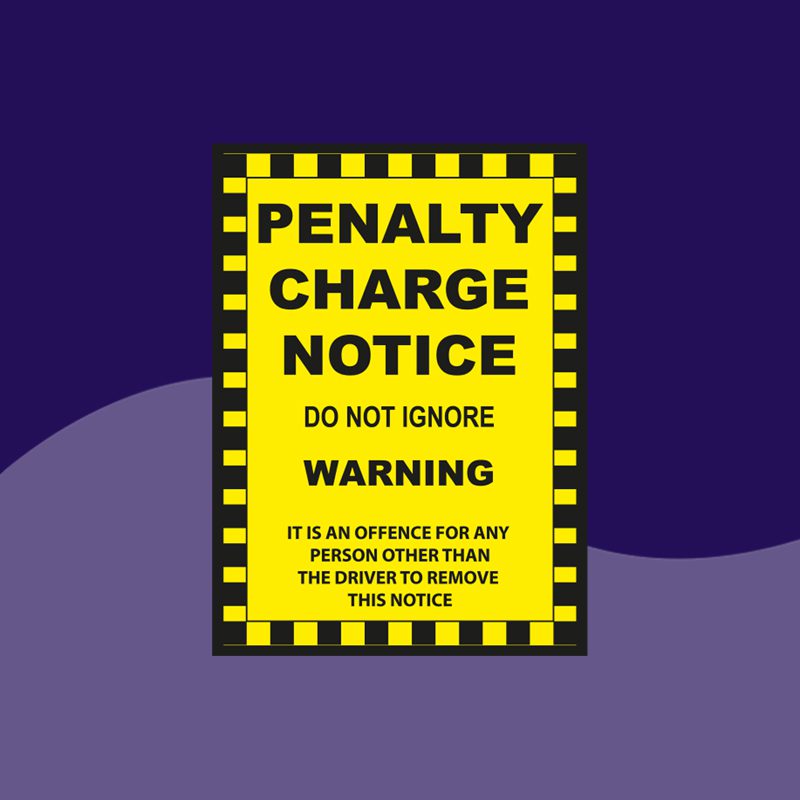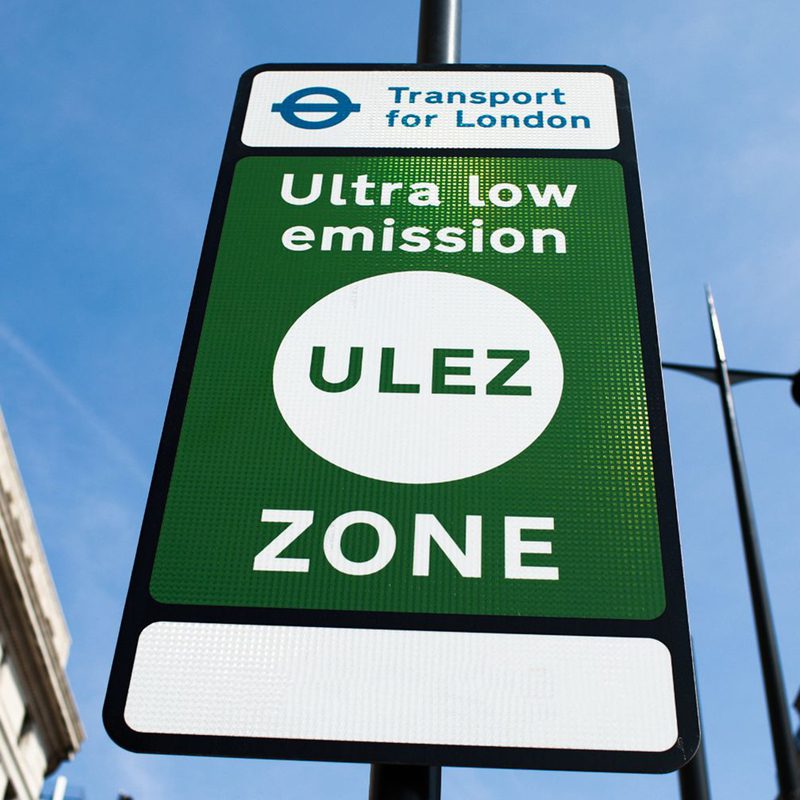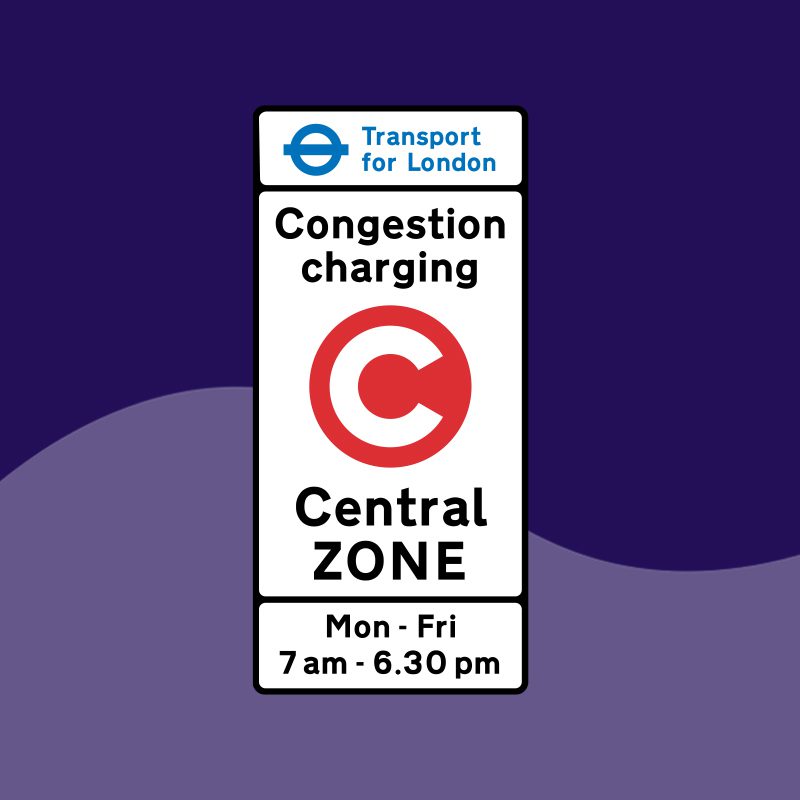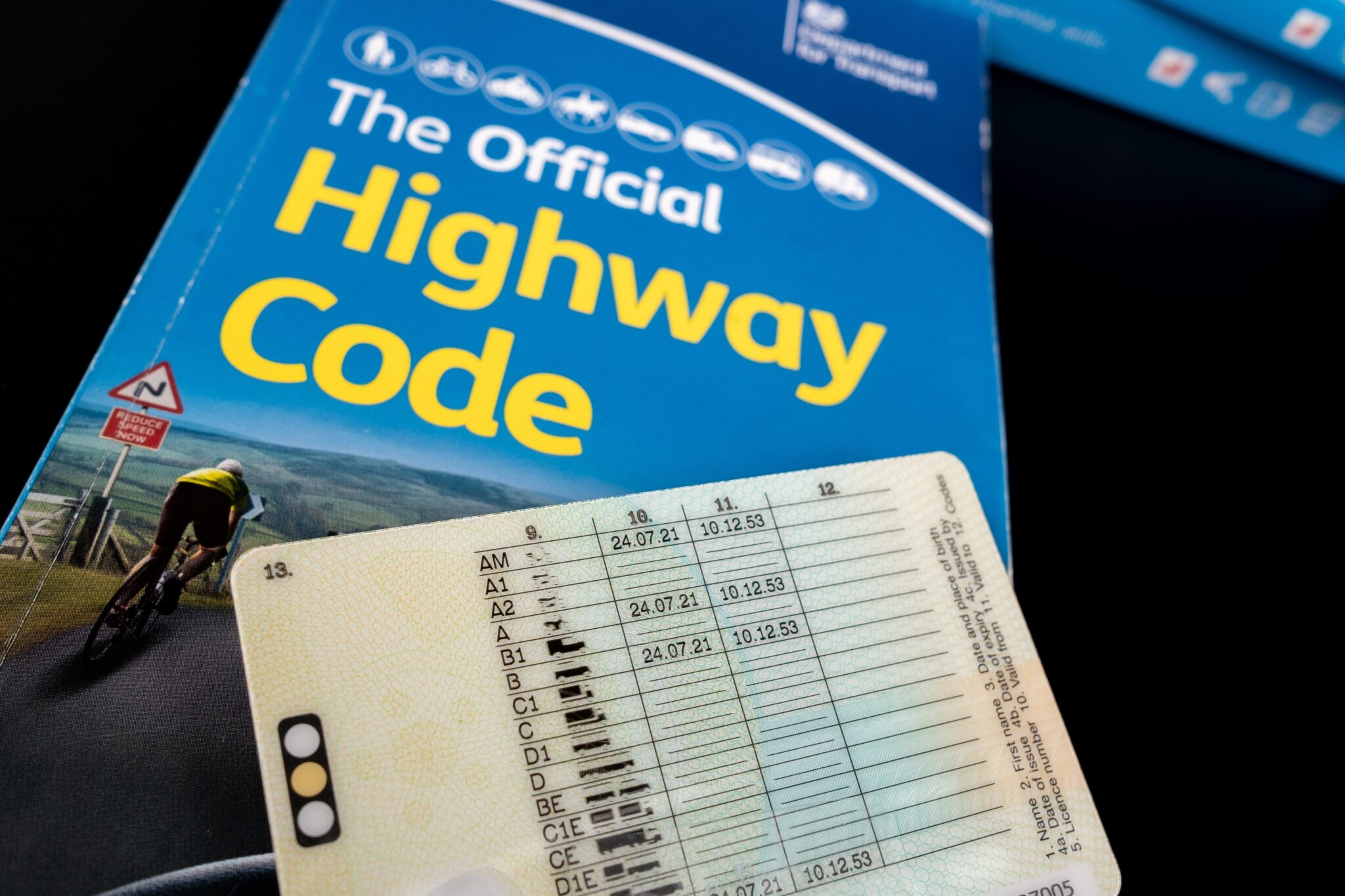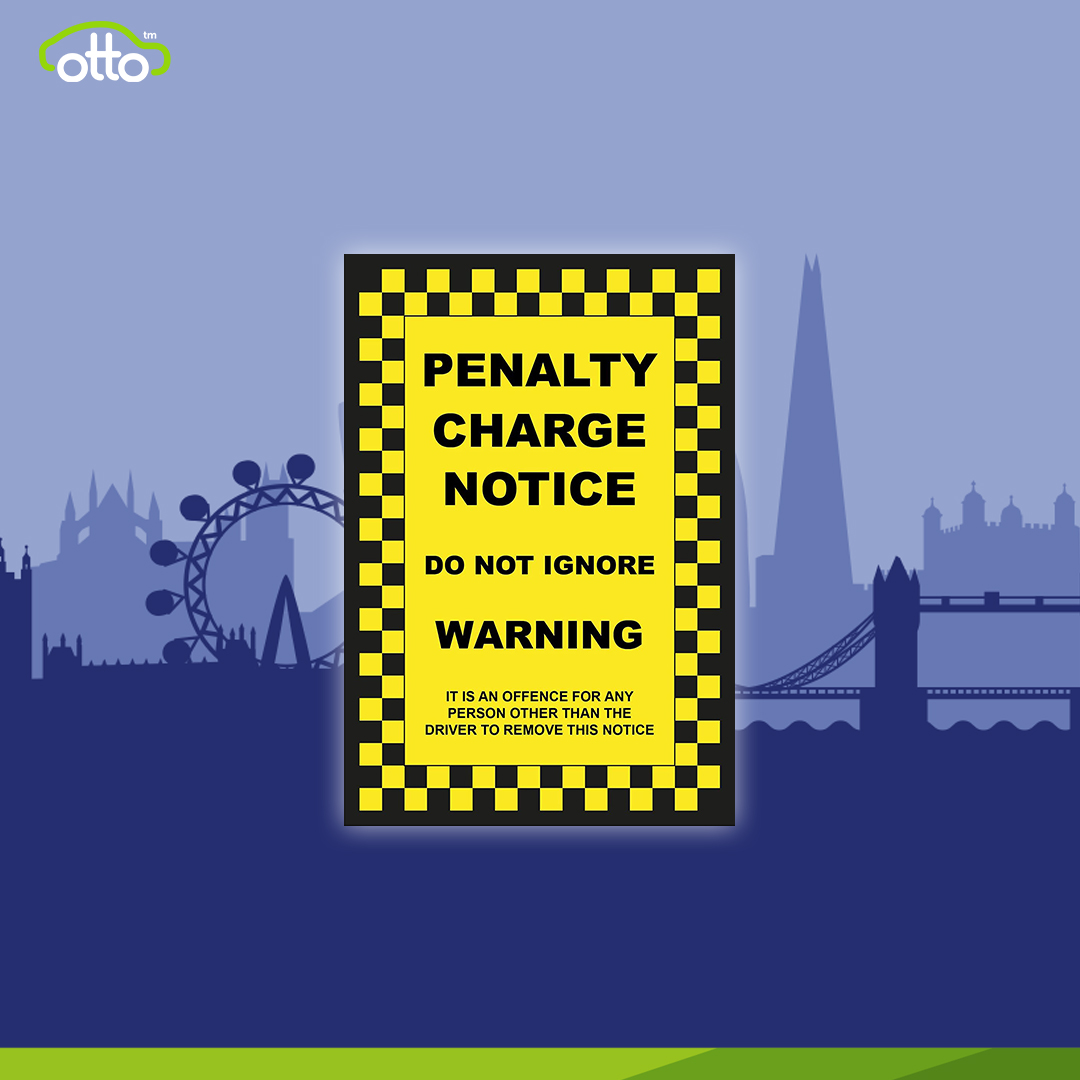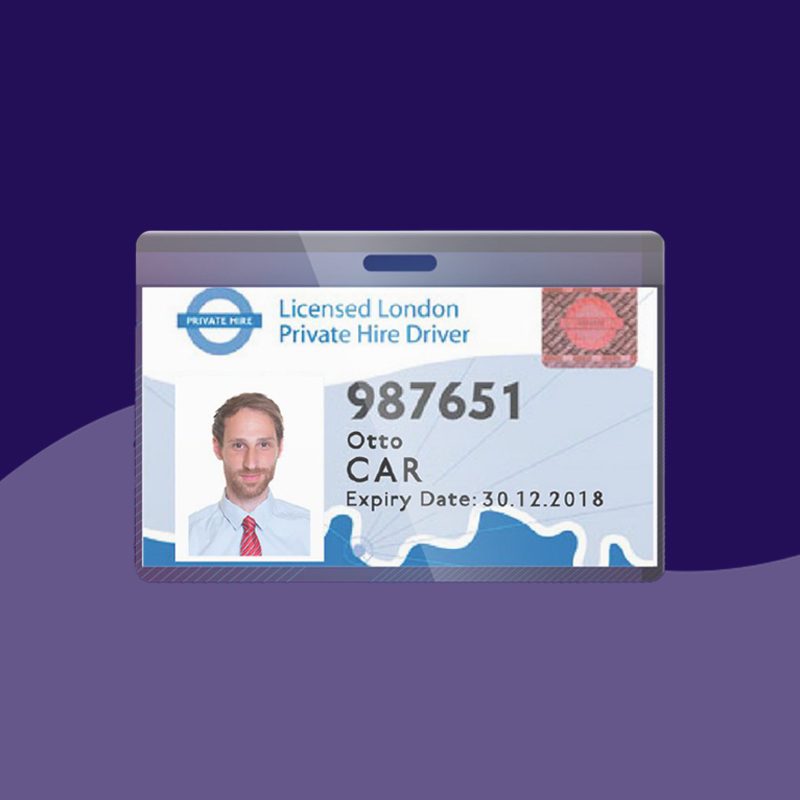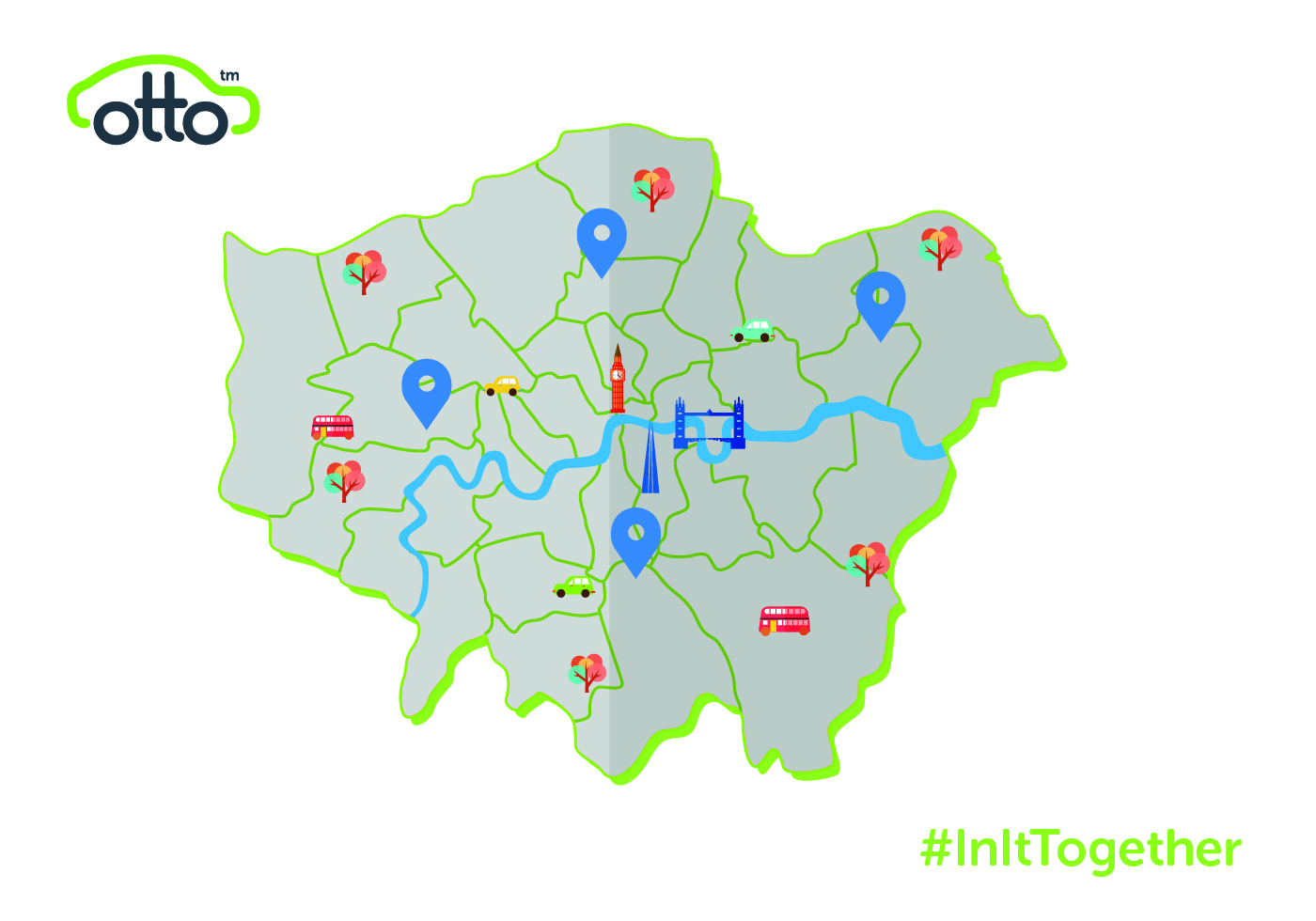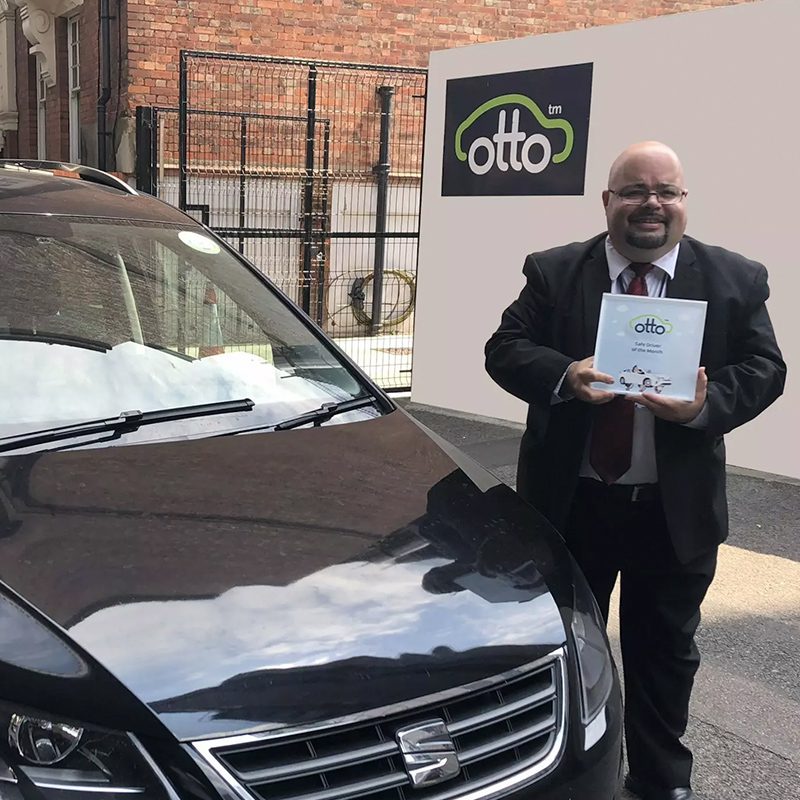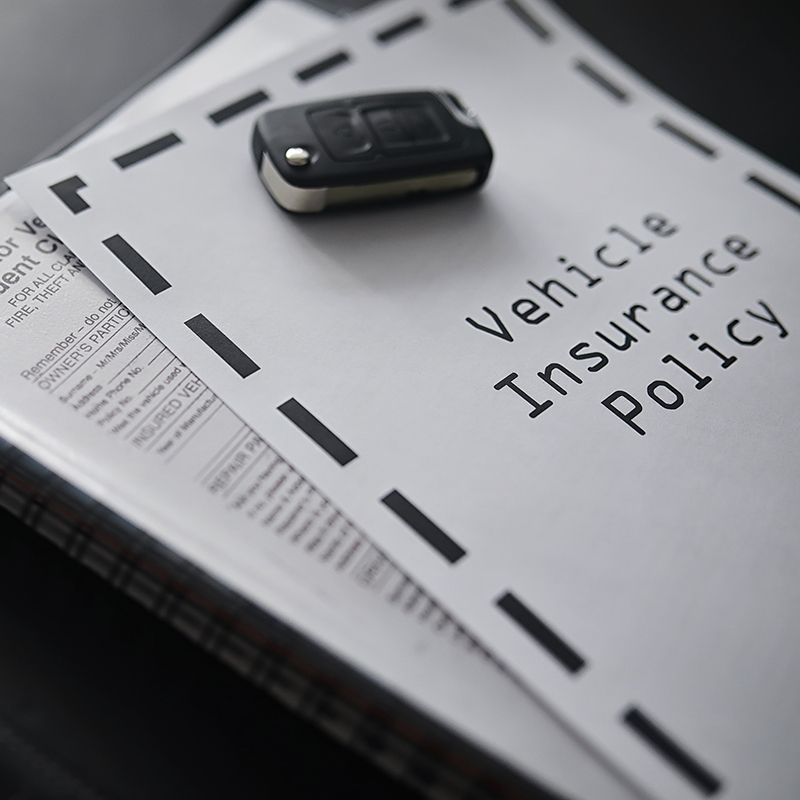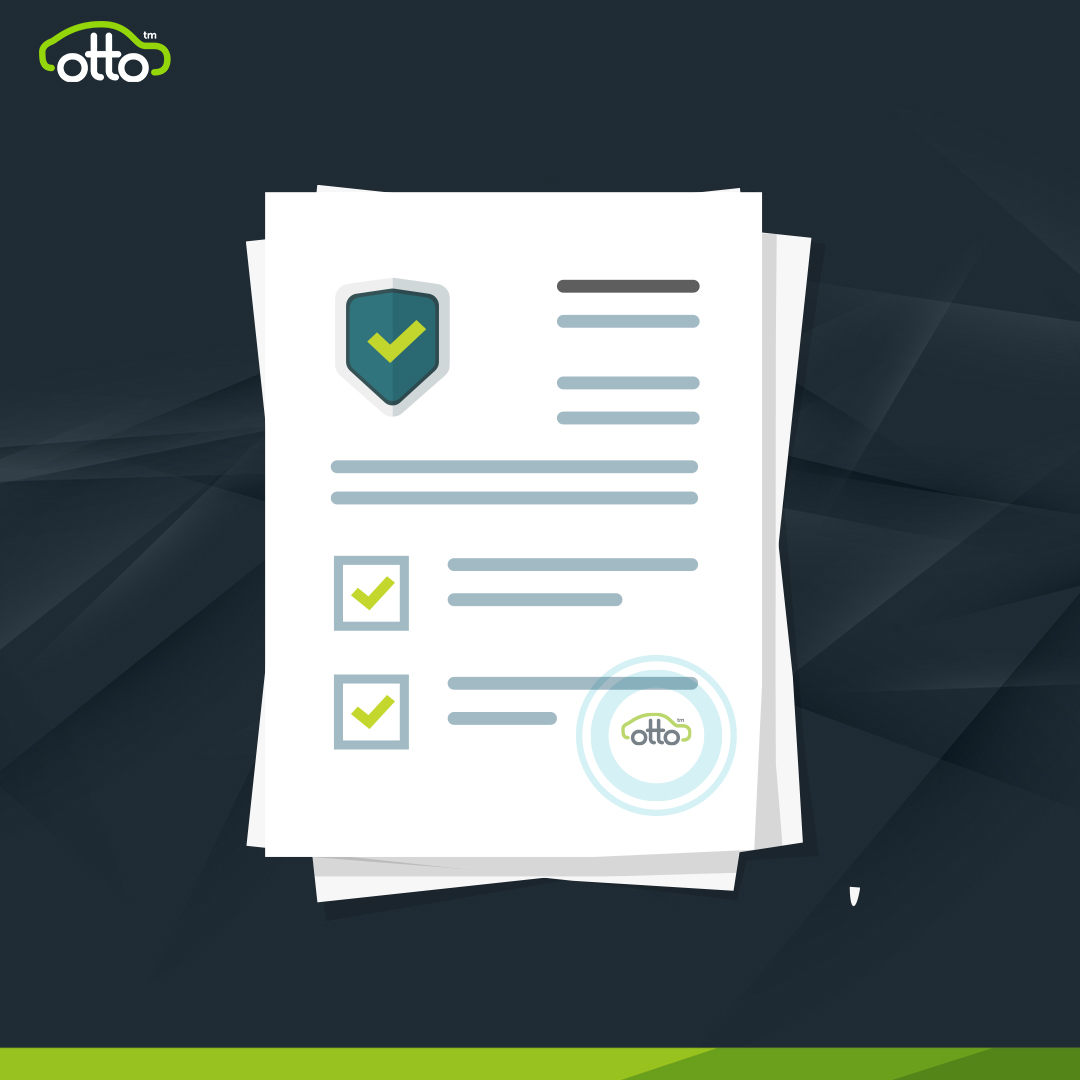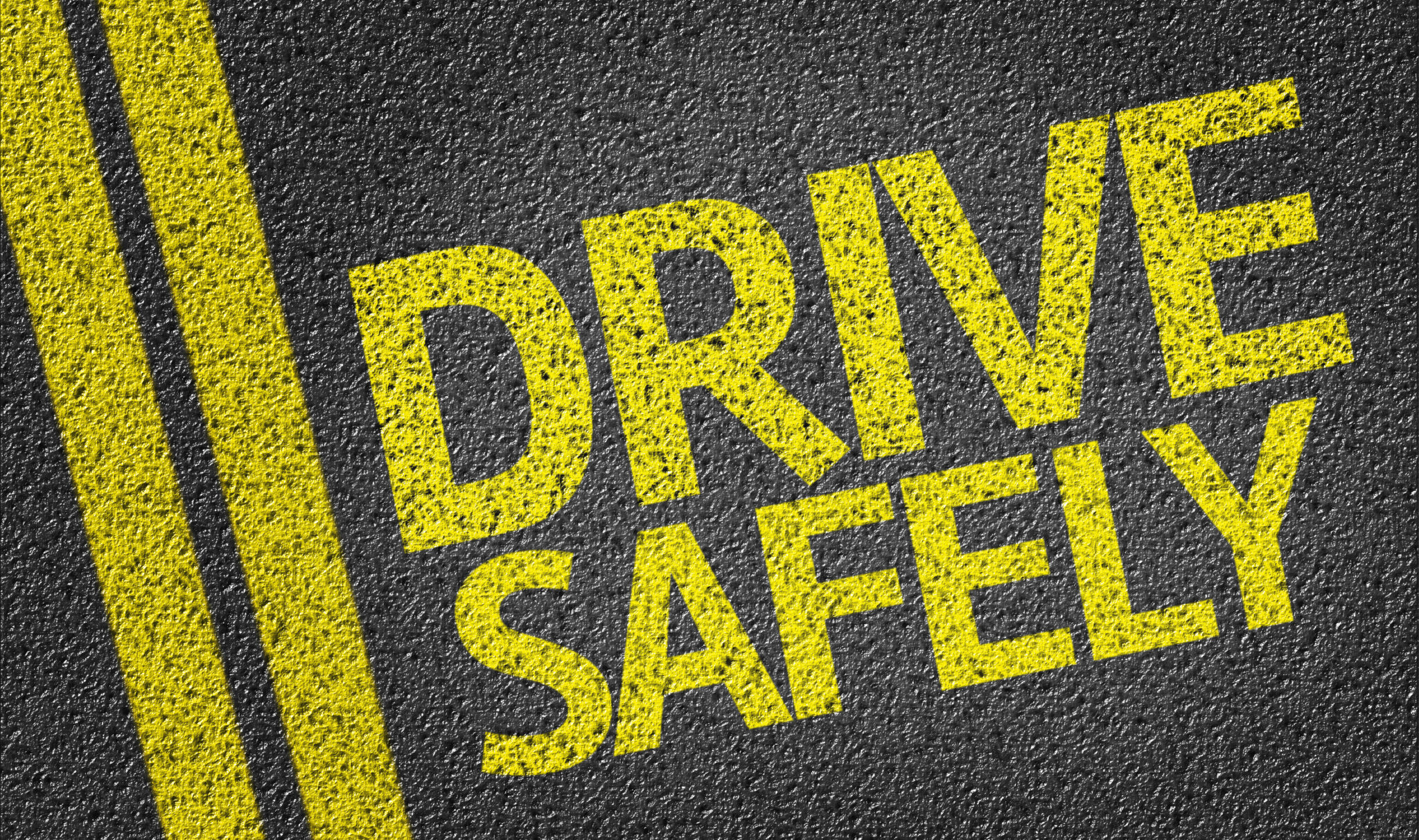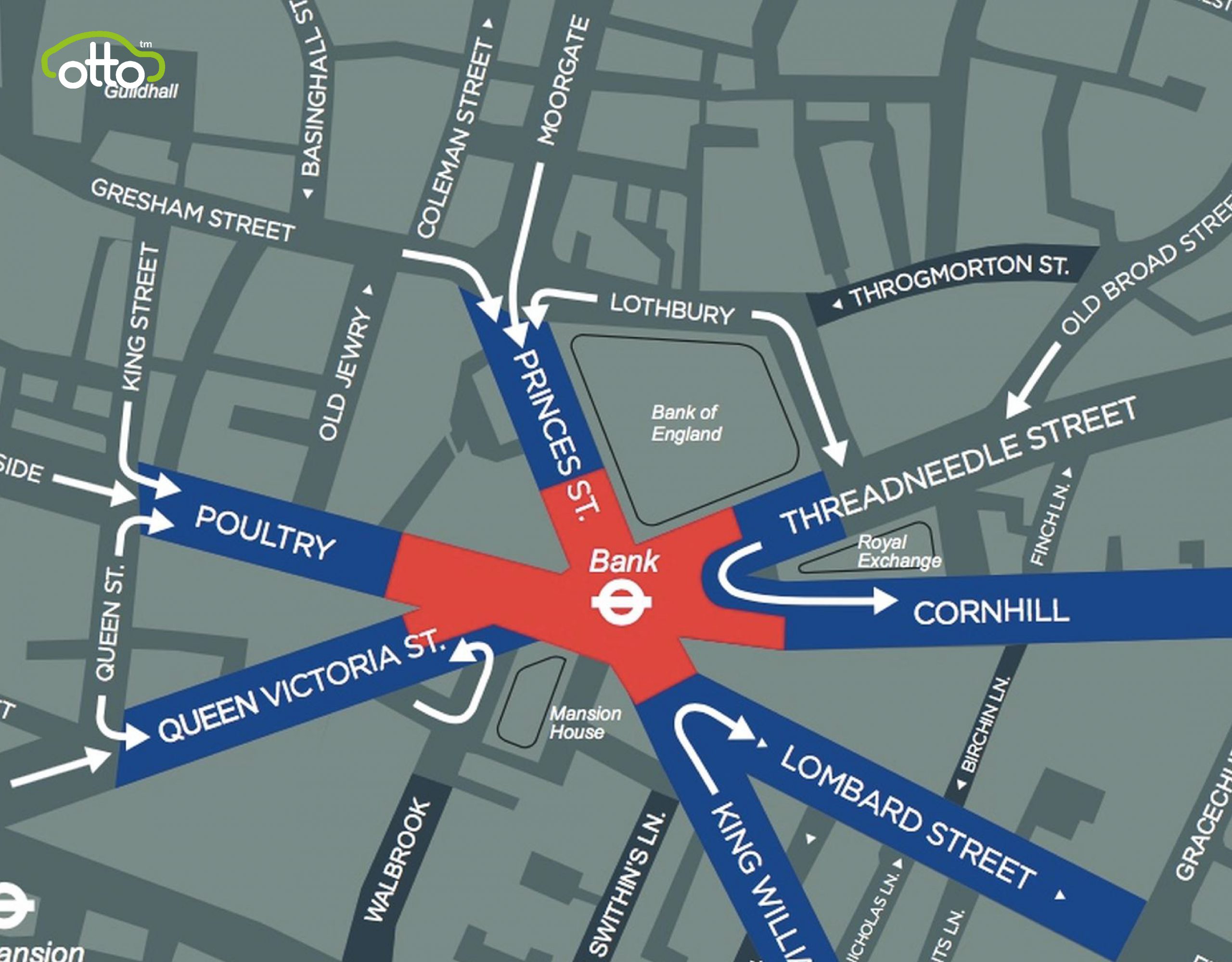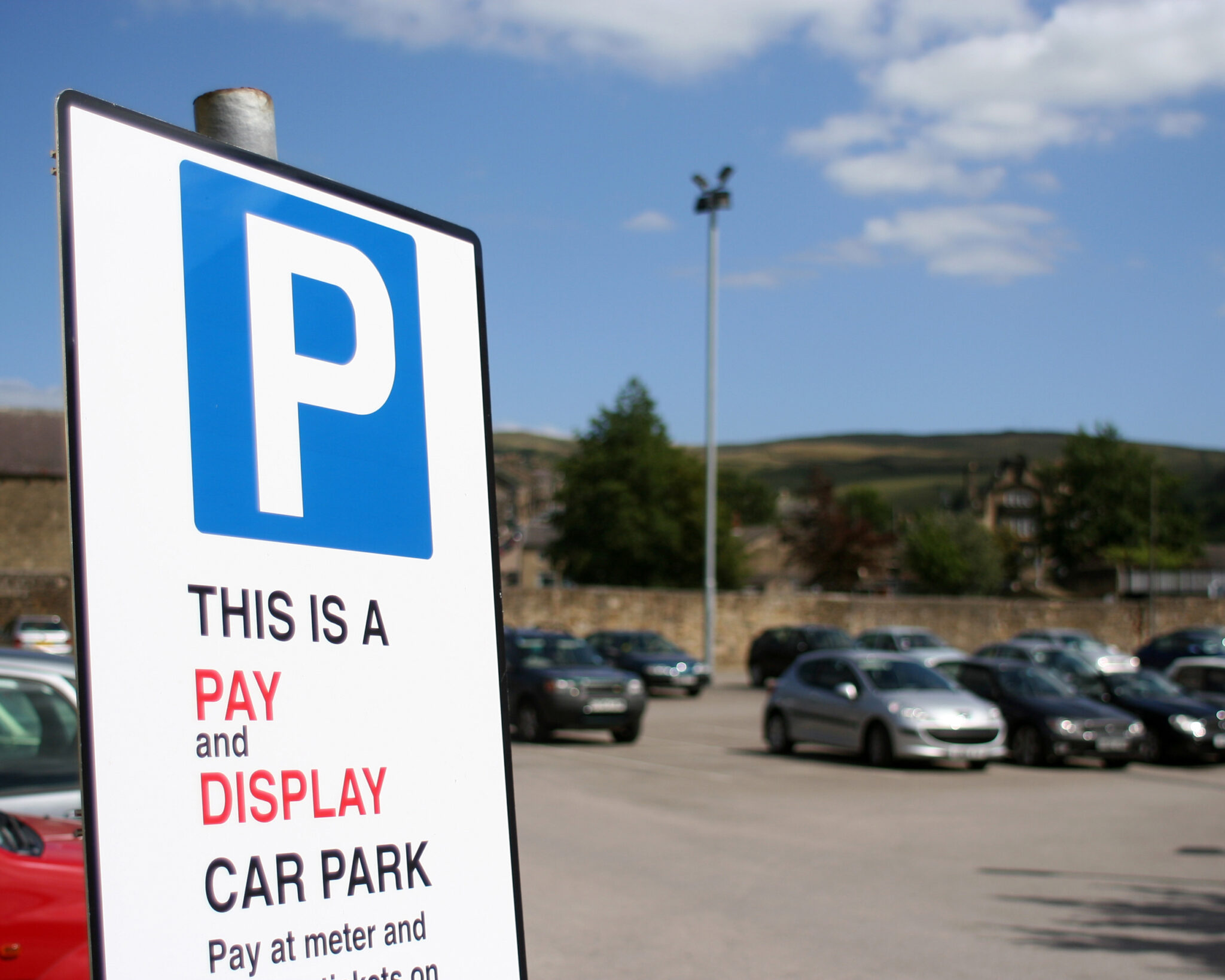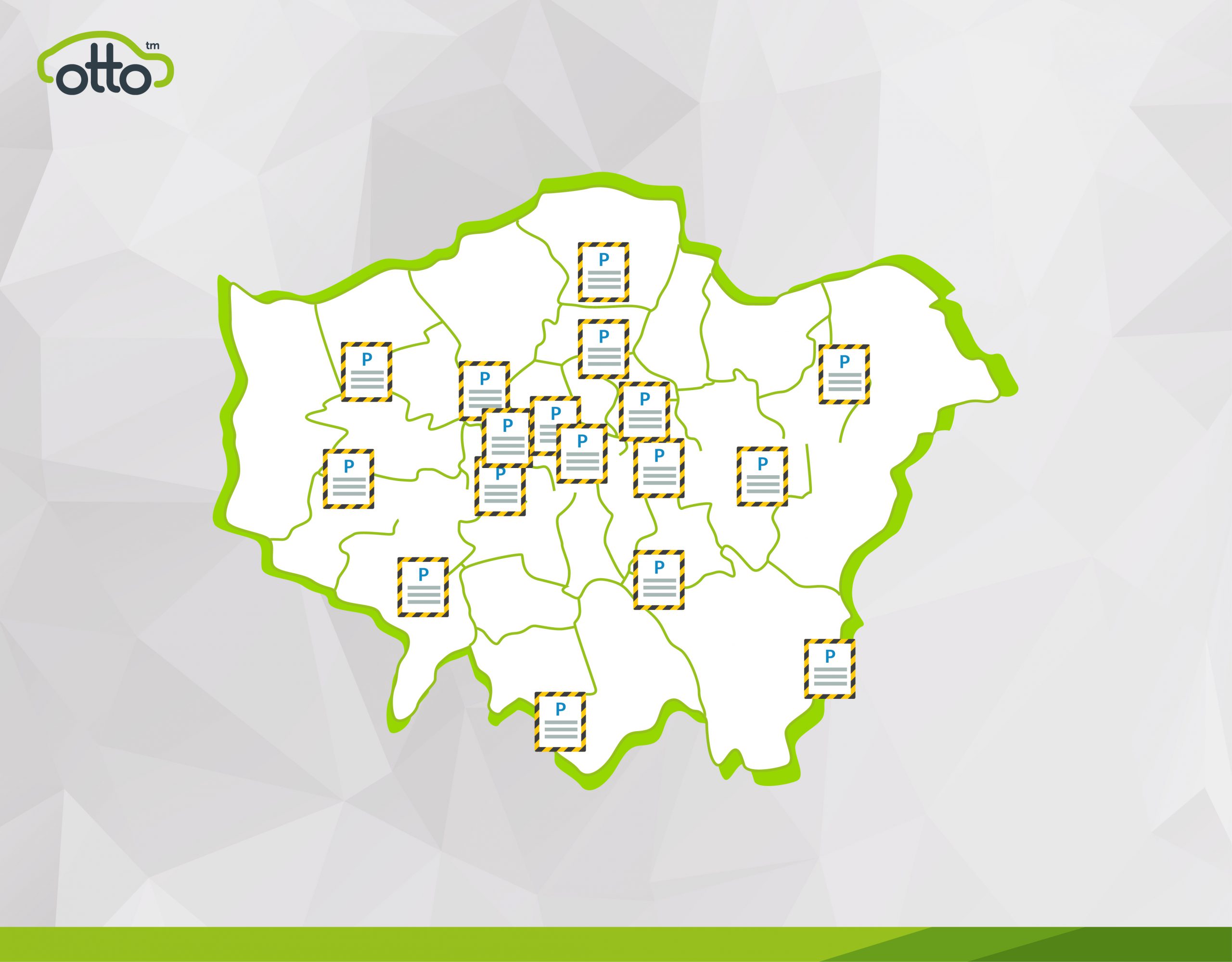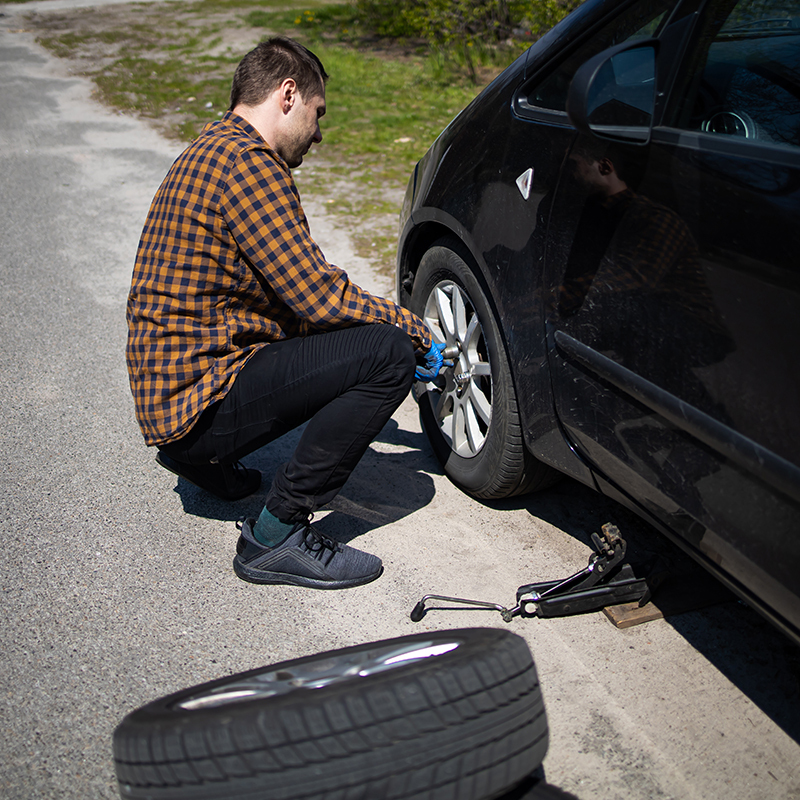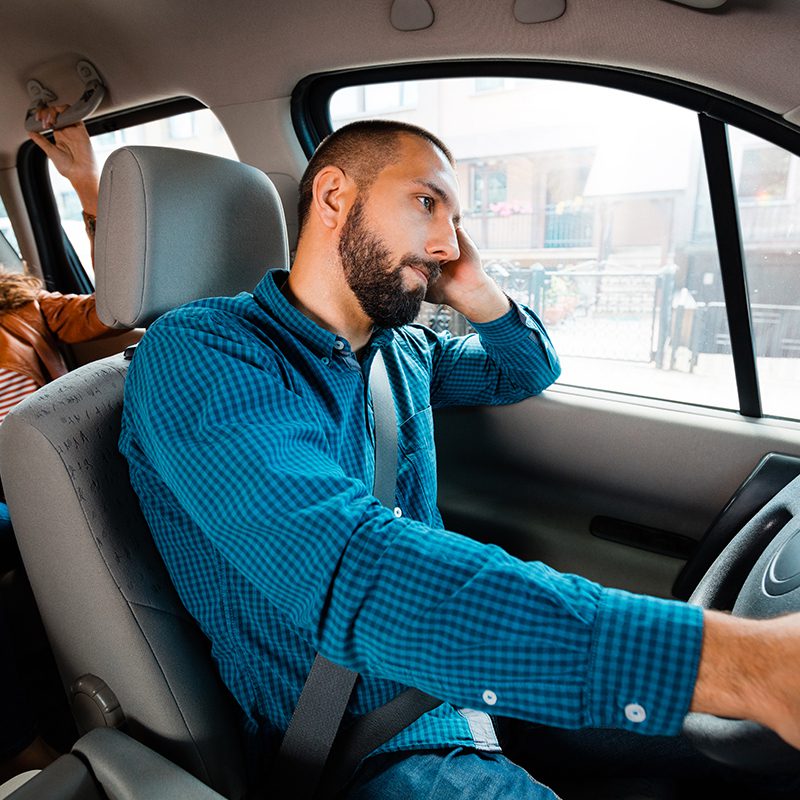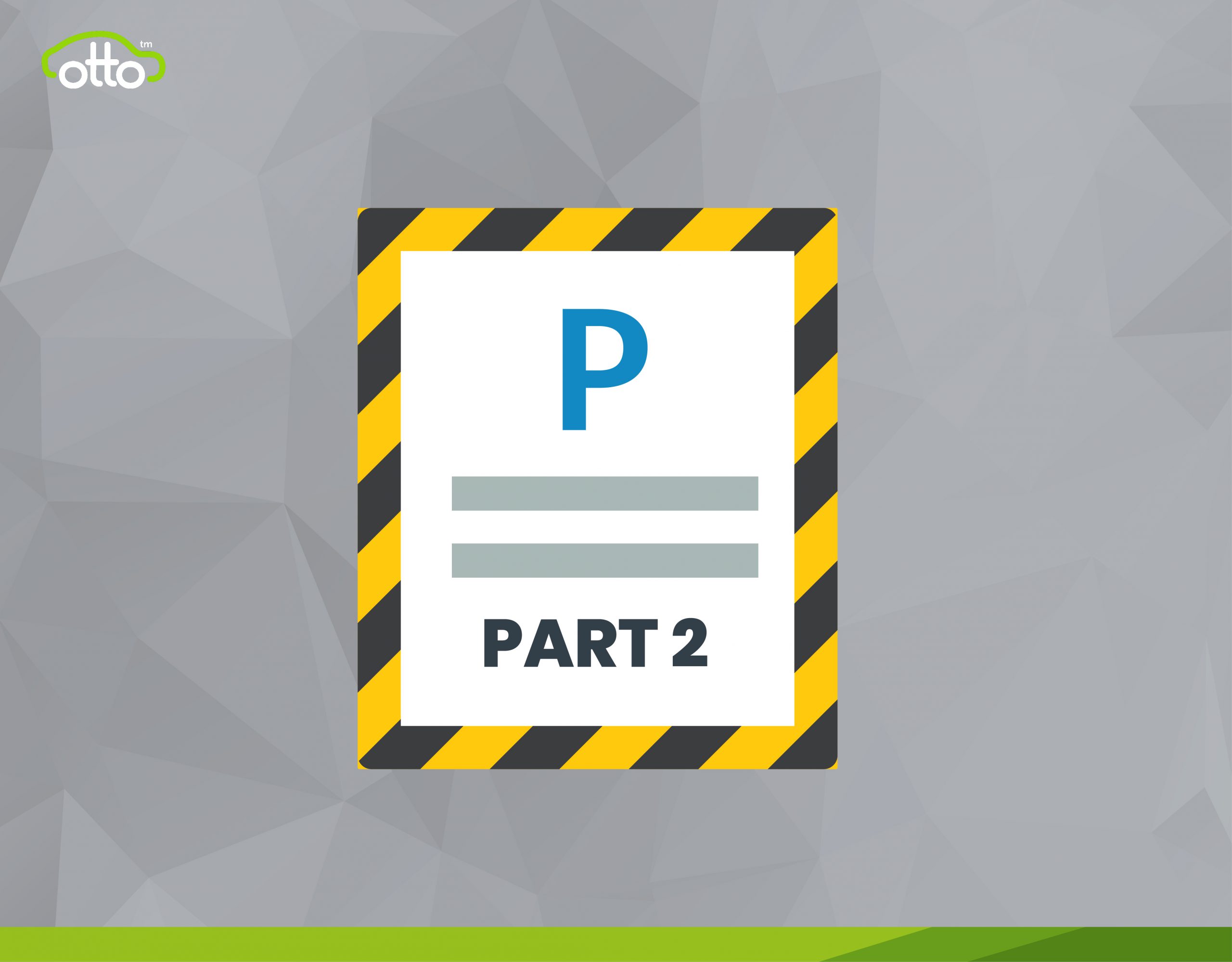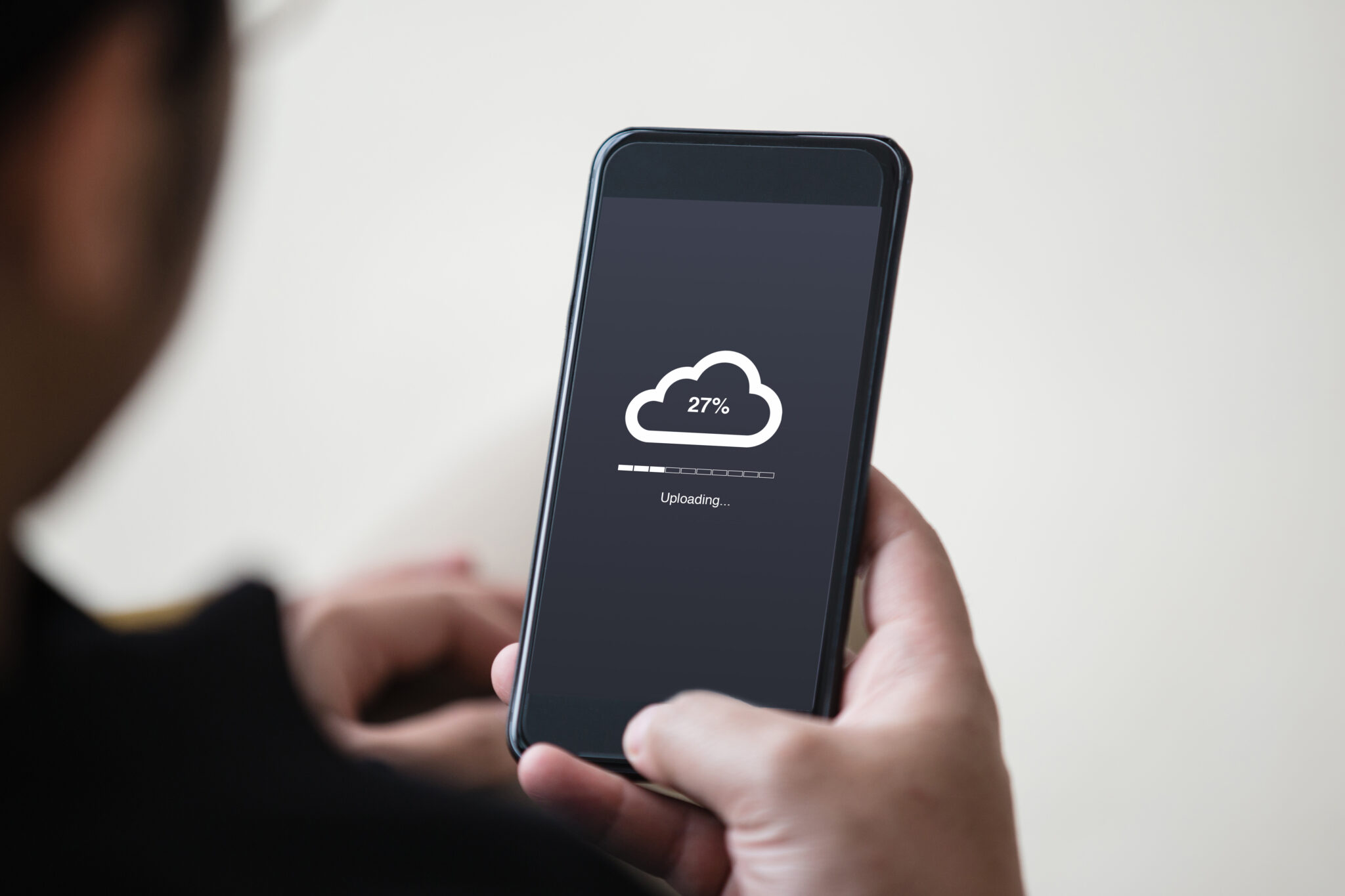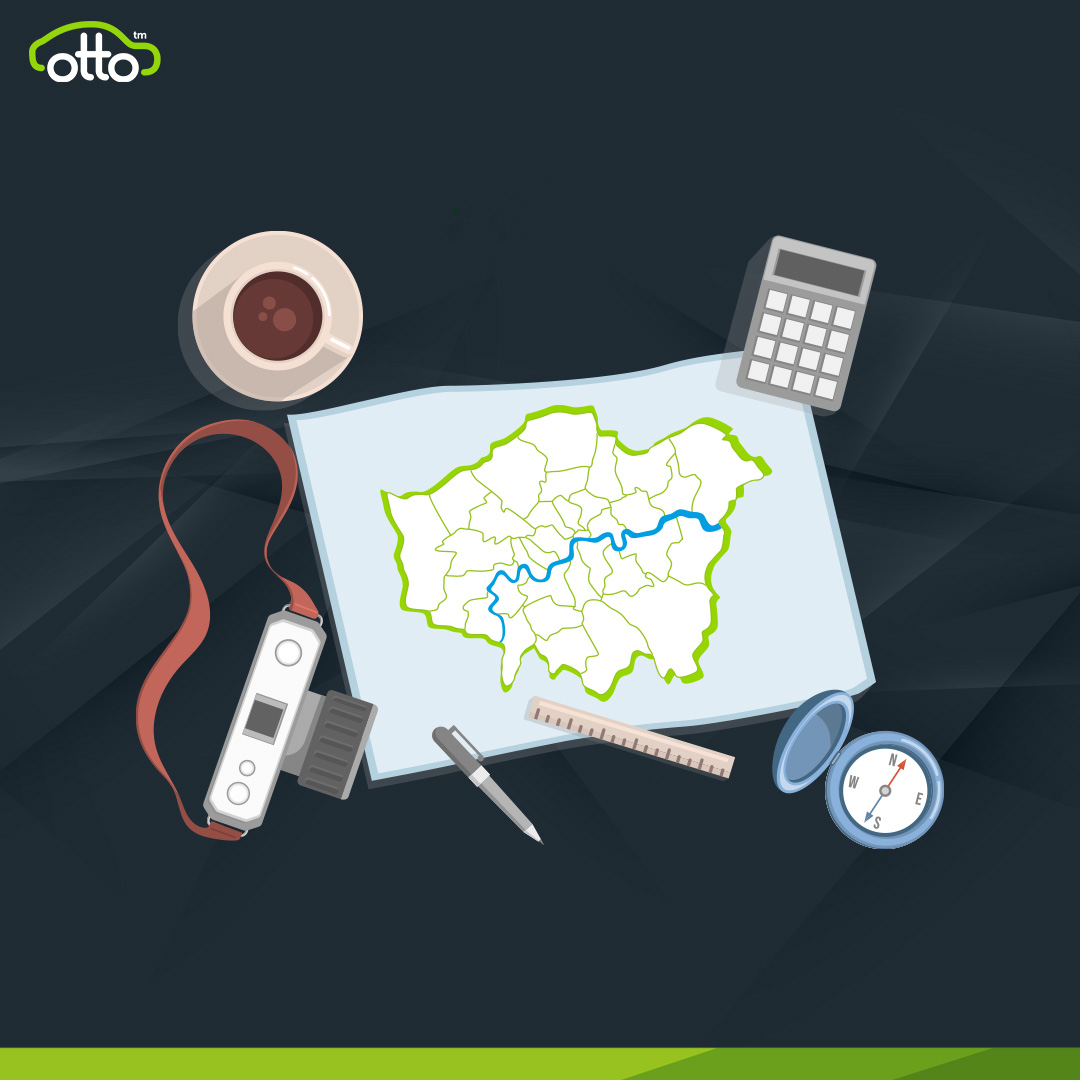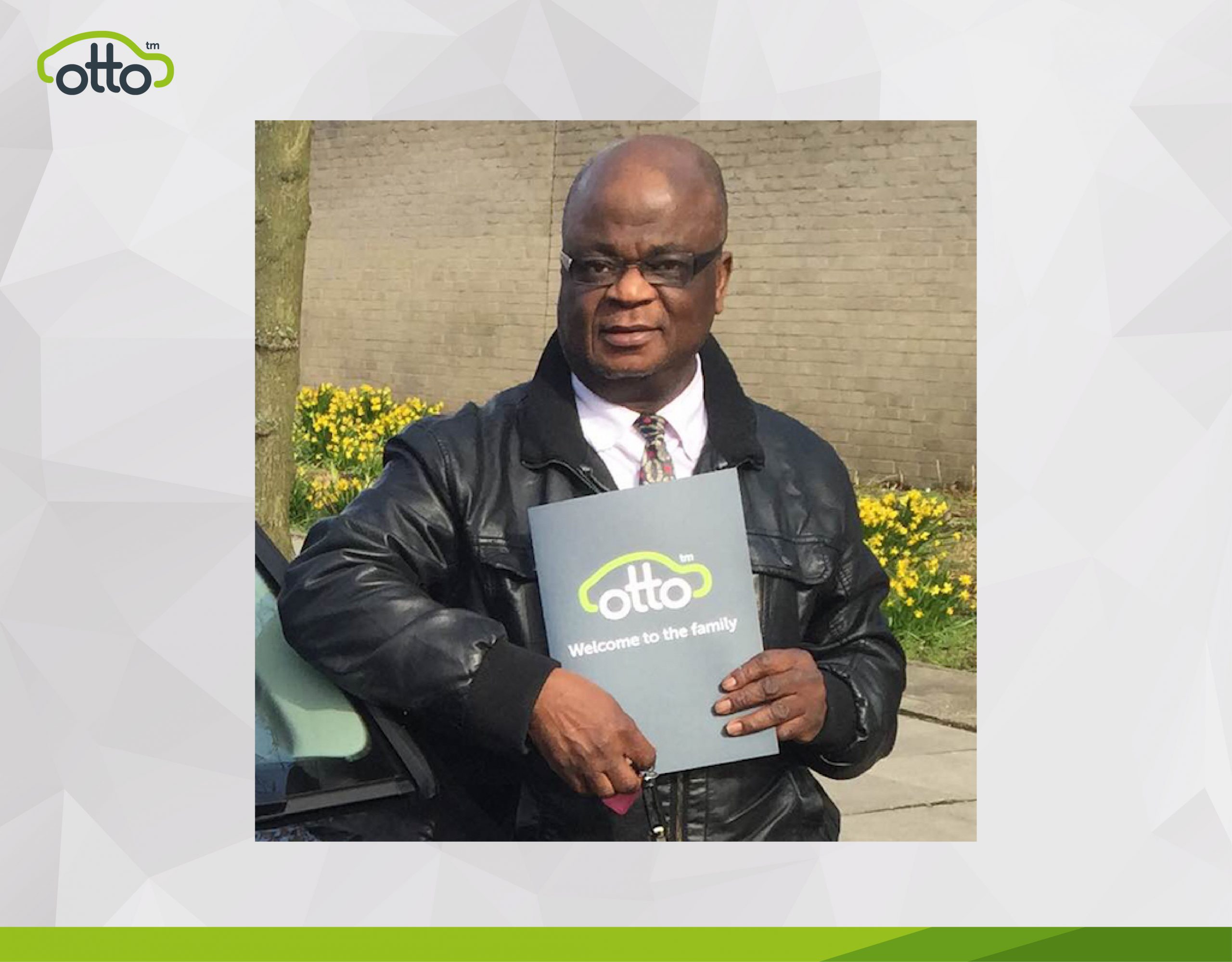FEATURED POST
How to pass the TfL English test for PCO drivers in 2024
- The Otto Team
- July 12, 2022

To work as an Uber driver in London you need a valid PCO licence by TfL (i.e. Transport for London).
This licence application involves three short tests set by TfL. Two of these tests make sure all PCO drivers can understand English to a suitable standard – and passing them both is known as the English Language Requirement (ELR).
In simple terms, the first part of the ELR is a speaking and listening assessment. The second part tests your reading and writing skills, as well as knowledge of driver regulations – and is called SERU. The exact differences are explained fully below and we also have a more detailed post about SERU.
The third TfL exam for a PCO licence checks that a private hire driver has a basic grasp of London geography and can plan routes. This is called the topographical test and you can read tips on it here.
Some rules for the ELR have recently changed but this updated article covers everything you need to know in 2024 about how to pass the TfL English test.

What is the English Language Requirement for a PCO licence?
Back in 2016, Transport for London introduced the ELR to check that all private hire drivers can speak, listen, read and write English to a suitable standard.
This standard is the equivalent of level B1 on the Common European Framework of Reference. If you don’t know what that means – which is fair enough – it is also called the ‘intermediate standard’ (i.e. a person who can cope with common situations if on a trip to the UK).
In October 2021, TfL changed the rules for its ELR tests. The standard is the same – the difference is that you can no longer provide documentary evidence, such as a certificate from one of TfL’s Secure English Language Test (SELT) providers. Since April 2023, the only option is to pass the ELR tests.
Who is required to pass the ELR assessments?
All private hire drivers must now pass both ELR assessments before being licensed by TfL, whether they are a new applicant or an existing PHV driver who simply needs to renew.
However, there is wiggle room for drivers who already held a licence prior to 30 September 2021. The exact rules here depend on which of these four groups you fall into.
Group 1
Drivers licensed before 1 Oct 2021 who gave no evidence by 30 Sep 2021
Action: Must pass SERU and speaking/listening tests by 30 Sep 2023
Group 2
Drivers licensed before 1 Oct 2021 who gave unacceptable evidence by 30 Sep 2021
Action: Must pass SERU and speaking/listening tests by 30 Sep 2024
Group 3
Drivers licensed before 1 Oct 2021 who gave satisfactory evidence by 30 Sep 2021
Action: Must pass only SERU assessment by 31 March 2025
Group 4
Drivers who applied for a license between 1 Oct 2021 and 1 April 2023
Action: Must pass SERU and speaking/listening tests by 30 Sept 2024
In Jan 2024, TfL said it would pause enforcement action against Group 1 drivers who are yet to pass the SERU or ELR tests while it trials a new ‘open-book’ format of the SERU exam with them.
Did you know?
Drivers with a physical disability might be exempt from taking the speaking and listening test part of the ELR if they have medical proof of this. Details here.

What does the TfL English test include?
The TfL English test (ELR) is split into two halves. Each exam is a separate test but both are typically taken on the same day.
The first test is a speaking and listening assessment of your spoken English. The second test checks your reading and writing ability. Let’s look at what each of these tests involves in more detail.
Speaking and listening assessment
The first element of the English language skills test is a 15-minute conversation with an interlocutor (i.e. examiner you speak with). This is an individual assessment that happens while you are at the TfL offices but it actually takes place over a video or telephone link with a TfL service provider called PeopleCert. To pass the exam, you must score at least 60 out of 100 marks.
This verbal assessment is only short and has five basic sections:
- Personal information – driver responds to questions on familiar matters
- Situational role play – driver initiates and responds to social situations
- Exchanging information – driver exchanges information about a set of images
- Listen and respond – driver answers questions on a short speech delivered by the examiner
- Long turn – driver gives a short talk on a relevant topic provided by the examiner
Did you know?
All PCO drivers can download practice materials and mock interviews on the PeopleCert website here

Reading and writing assessment (SERU)
As its name suggests, the second ELR test is a written exam. However, this assessment is not purely to check the general English skills of a PCO driver.
Instead, TfL also tests you on safety, equality and private hire regulations. This means that although this is the written part of the ELR, it is called the safety, equality and regulatory understanding (SERU) test.
TfL uses this SERU test to assess reading and writing skills but the SERU assessment also checks if London PHV drivers understand the relevant rules. Put simply, it’s one exam with two purposes.
The SERU test is based on the PHV Driver Handbook and covers four main subjects:
- Equality – the needs of passengers with protected status e.g. race or disability
- Passenger and driver safety – how to protect children or adults at risk from harm
- Road and vehicle safety – regulations on licence tests and public safety
- TfL policy for PHV drivers – rules about private hire drivers behaviour at work
This exam has multiple-choice questions and asks drivers to complete sentences by adding missing words. There is an official TfL guide to the SERU assessment and free practice questions here.
Did you know?
New PCO drivers must complete the TfL online Safeguarding Awareness training course before taking the SERU assessment. Remember, we have a complete guide to SERU here.
Where can you take the TfL English test?
Drivers can do this at the TfL offices, in either Baker Street or West Kensington. Most PCO drivers take both of the ELR tests on the same day but you do not have to.
Another question that most Uber drivers ask is: how much does it cost to take the TfL English language test? Each of the two ELR tests costs £36 when taken for the first time or £16 for a re-sit.
Whether you have already submitted a PCO licence application or are due to renew one, TfL will contact you about a test date for your ELR test.
Drivers can call TfL on 0343 222 4444 (charges apply) but may not book a test until invited to do so.
Where to find free resources for ELR?
You can get free help with your English language skills at the BBC Skillswise website or via the National Careers Service.
The Uber Ignition programme is a free service that helps you to become an Uber driver. You can get face-to-face advice and support sessions to prepare for all three of these TfL tests.
If you are willing to pay for extra training to pass the ELR, then Russbridge Academy is an Uber-approved partner. A full day of in-person training costs £149 and covers both parts of the ELR test.
Want to know how to get a PCO licence in 2024? See the Otto Car complete guide.
Got a PCO licence? Our Rent 2 Buy + plan can help you to own a new or used PCO car.
Unsure which PCO car to choose? Try our car selection tool to find your perfect partner.
Want to learn more?
Vestibulum nec scelerisque mauris,eget finibus justo. Vivamus metus justo, semper vel facilisis quis, scelerisque ut libero. Aenean eget porttitor nisi. Lorem ipsum dolor sit amet, consectetur adipiscing elit. Vestibulum nec scelerisque mauris,eget finibus justo. Aenean eget porttitor nisi. Lorem ipsum dolor sit amet, consectetur adipiscing elit. Vestibulum nec scelerisque mauris,eget finibus justo. Vivamus metus justo, semper vel facilisis quis, scelerisque ut libero. Aenean eget porttitor nisi. Lorem ipsum dolor sit amet, consectetur adipiscing elit. Vestibulum nec scelerisque mauris,eget finibus justo. Aenean eget porttitor nisi. Lorem ipsum dolor sit amet, consectetur adipiscing elit.


